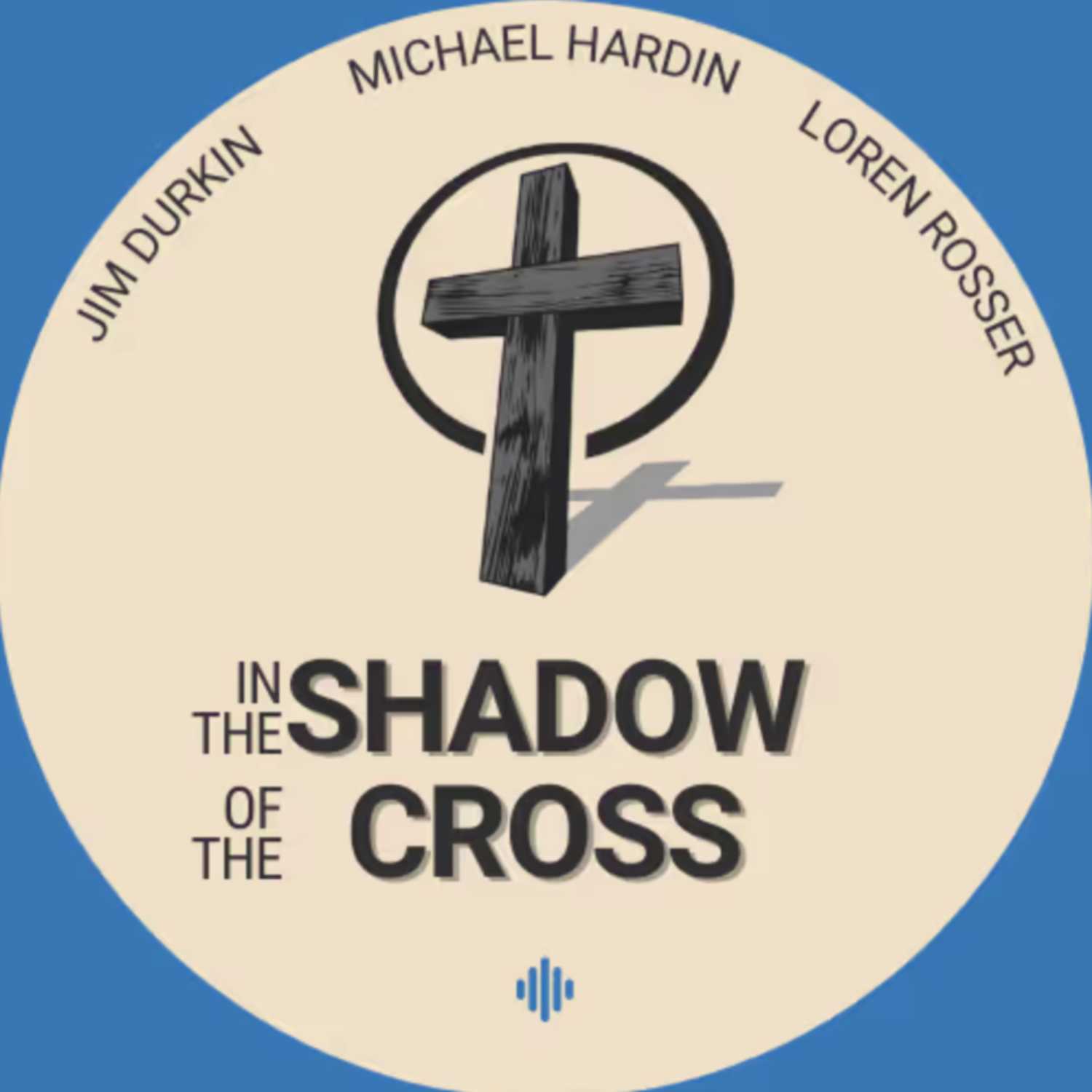In the Shadow of the Cross
Jim Durkin, Michael Hardin, and Loren Rosser discuss many of the pressing issues impacting Christianity through the lens of the Trinity revealed in Jesus on the cross. Join us for new episodes every Thursday.
"They're Just Wounded"
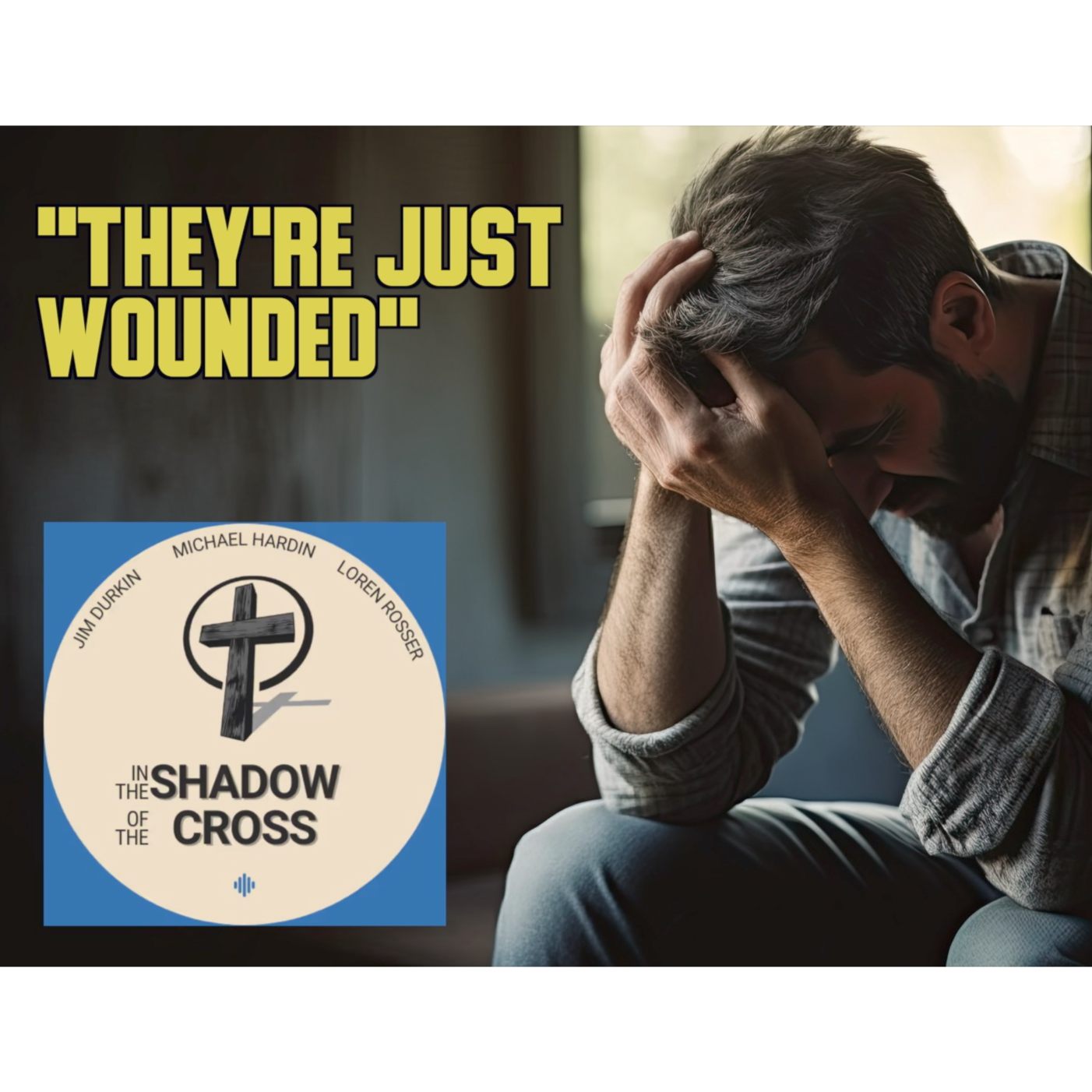
It is extremely common in Christian circles that when someone thinks differently and sees things differently, the person will be dismissed as being wounded. This is especially true if the person's thoughts challenge the status quo. Why do some Christians mark these people as wounded? And if they are indeed wounded, does that immediately mean their thoughts aren't worth considering? Jim, Michael, and Loren discuss this, which leads to a fascinating conversation about the future of the church in the West.
The Dark Night of the Soul
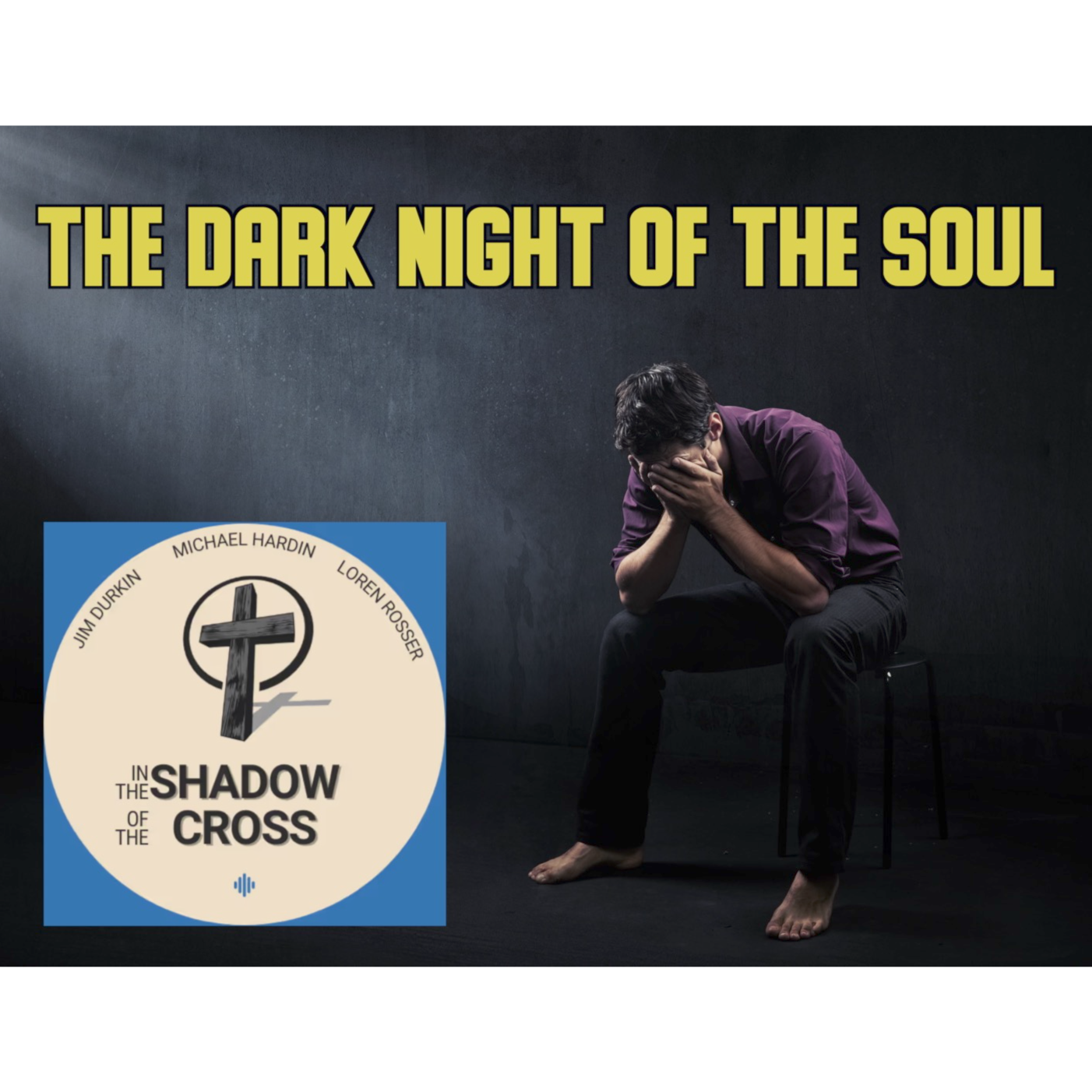
Michael, Jim, and Loren discuss the most difficult season followers of Jesus experience. That season of suffering when misery is your constant companion, and Father isn't doing the things you think he should be doing. That season when your beliefs are being unraveled, everything seems hopeless, and there is no deliverance in sight. This is the dark night of the soul.
The Origins of Theological Thinking
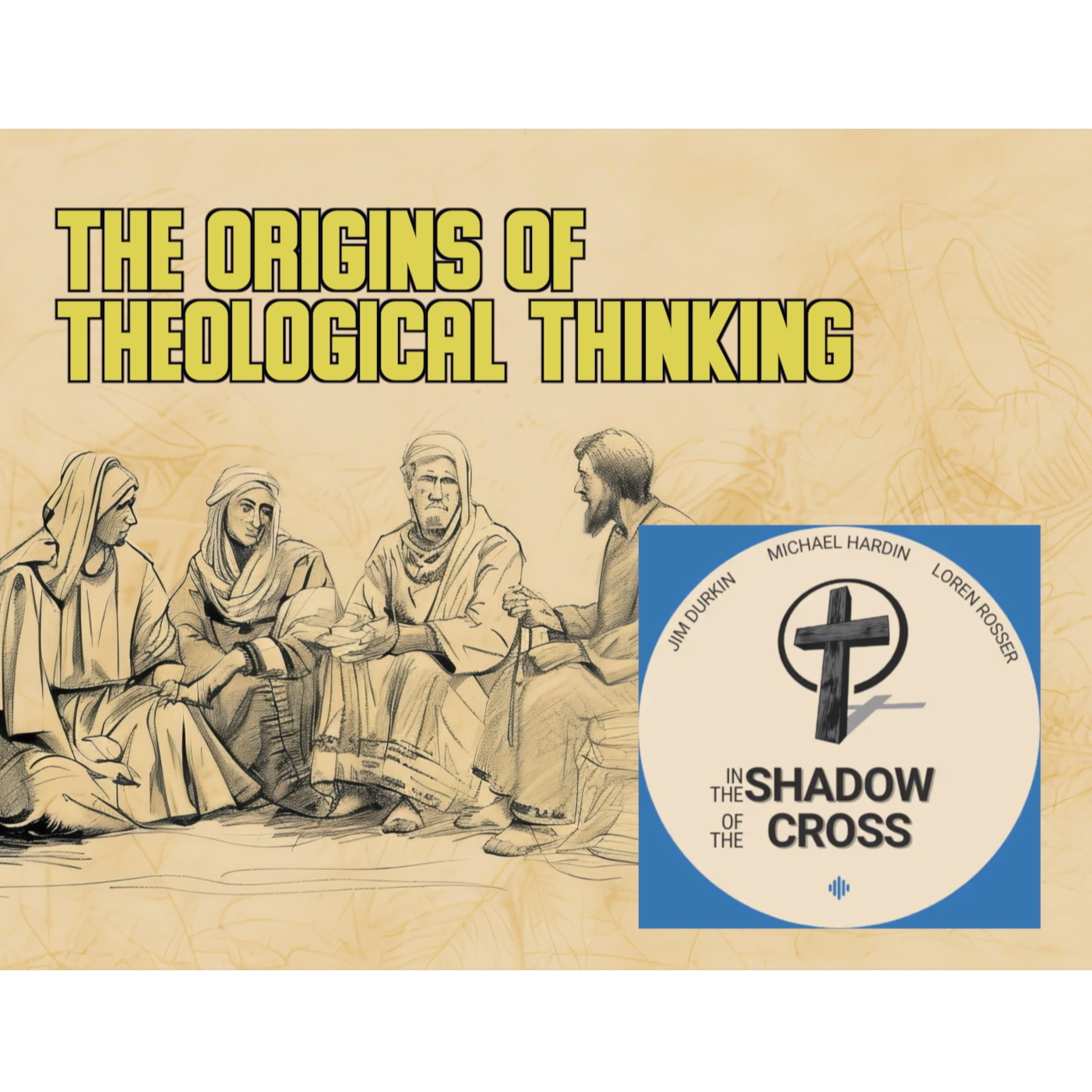
How did the early church begin to think theologically? Do you know that parts of the epistles are hymns? What purpose did hymns serve in the Early Church? Michael, Jim, and Loren discuss the origins of theological thinking, how singing supported theology in the early church, and the pluses and minuses of modern worship music. Also, did Paul's theology ever change? Join us!
Dominion Theology
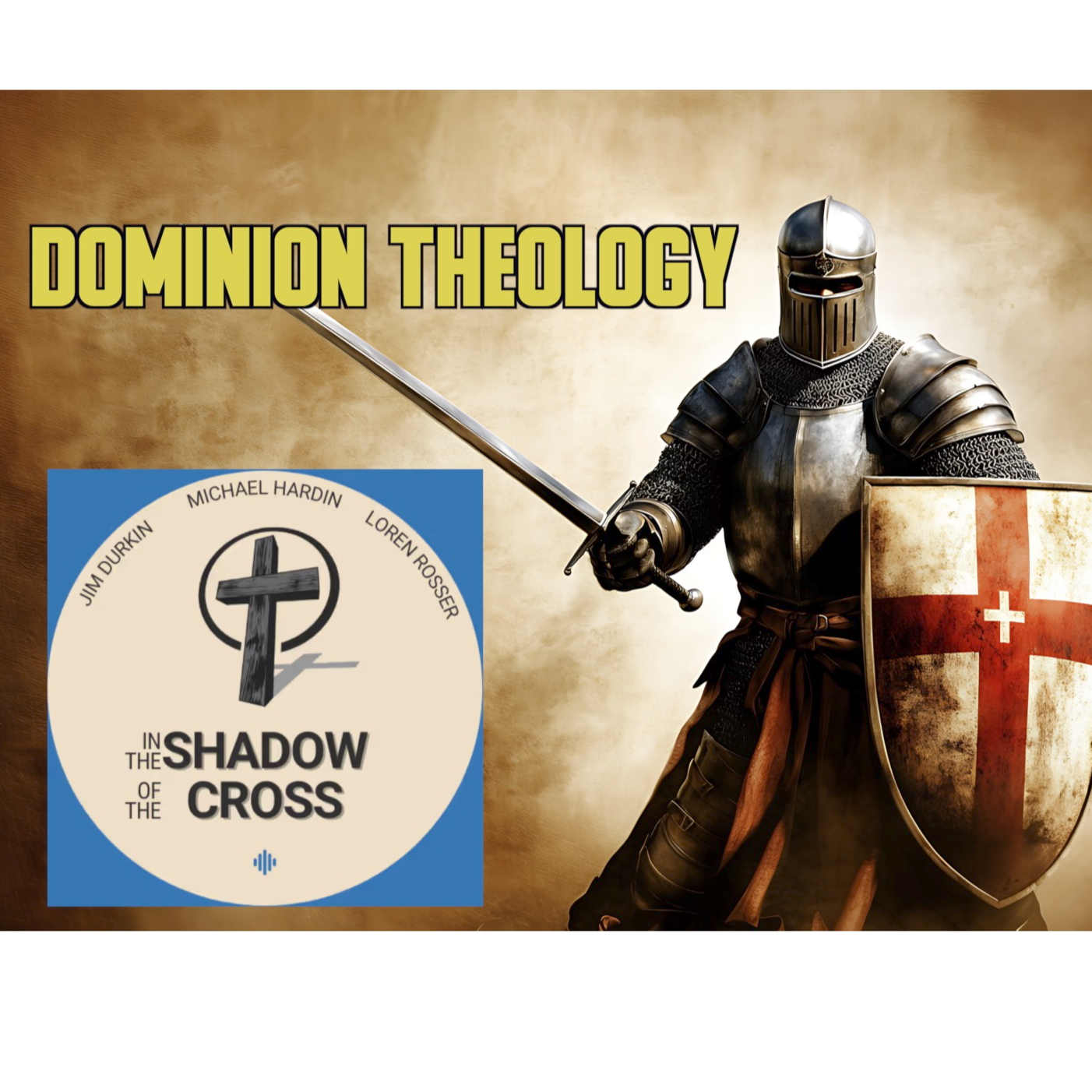
Are Christians supposed to take over the family, religion, education, media, arts and entertainment, business, and the government? Those who hold to Dominion Theology are convinced Christians are supposed to control these "seven mountains of dominion." This is not some odd theology on the fringes. Rather, it has found its way into mainstream right-wing Christianity and is currently the central belief operating in the US government through the newly created White House Faith Office. Nothing could be more antithetical to the Gospel of Jesus Christ.
The Historical Jesus
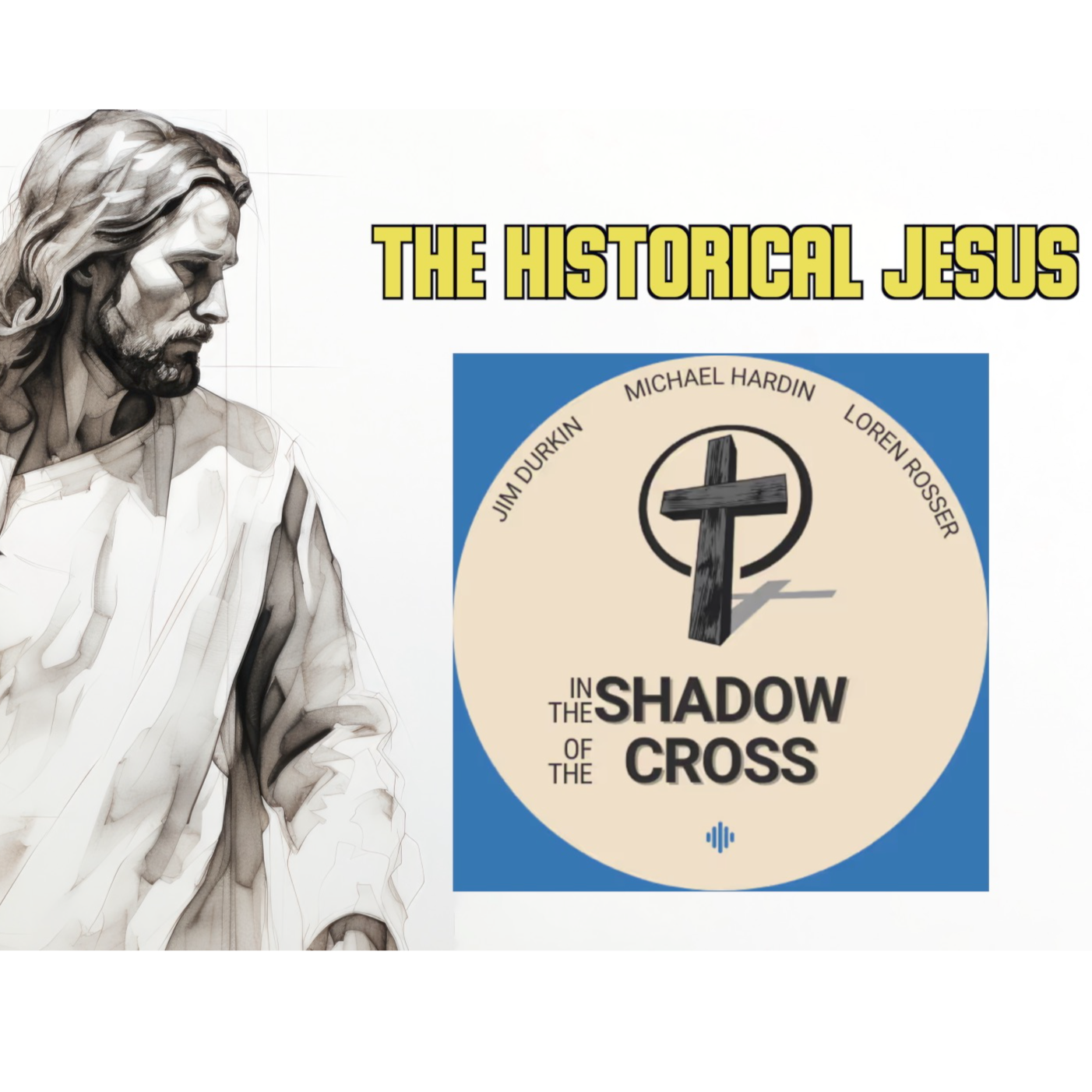
Who was Jesus, the man who walked the Earth in the first century? Christians have often discussed and debated the historical Jesus.
A Look at the Bible
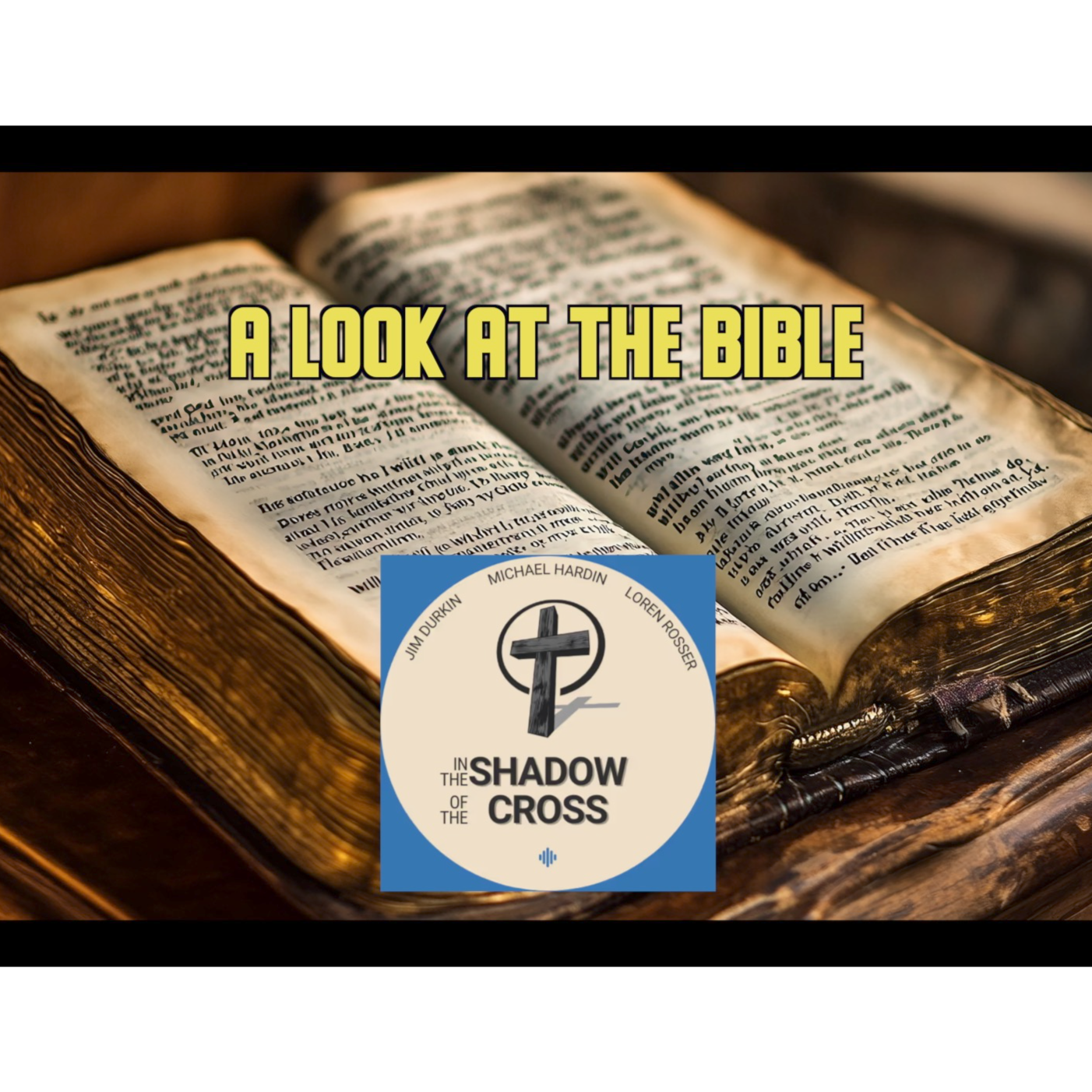
"Just read your Bible!" The person exclaims during a discussion. But their assumption is the lens through which they've been taught to read the Bible is the way someone just picking up the Bible will read it. When someone picks up the Bible, they engage with ancient writings originally written in another language, in another culture, in another land long ago. This is not a book that someone can simply pick up and receive "Holy Ghost downloads" and understand what the writers are saying. Michael, Jim, and Loren take a look at this rich and challenging book.
The Trinity
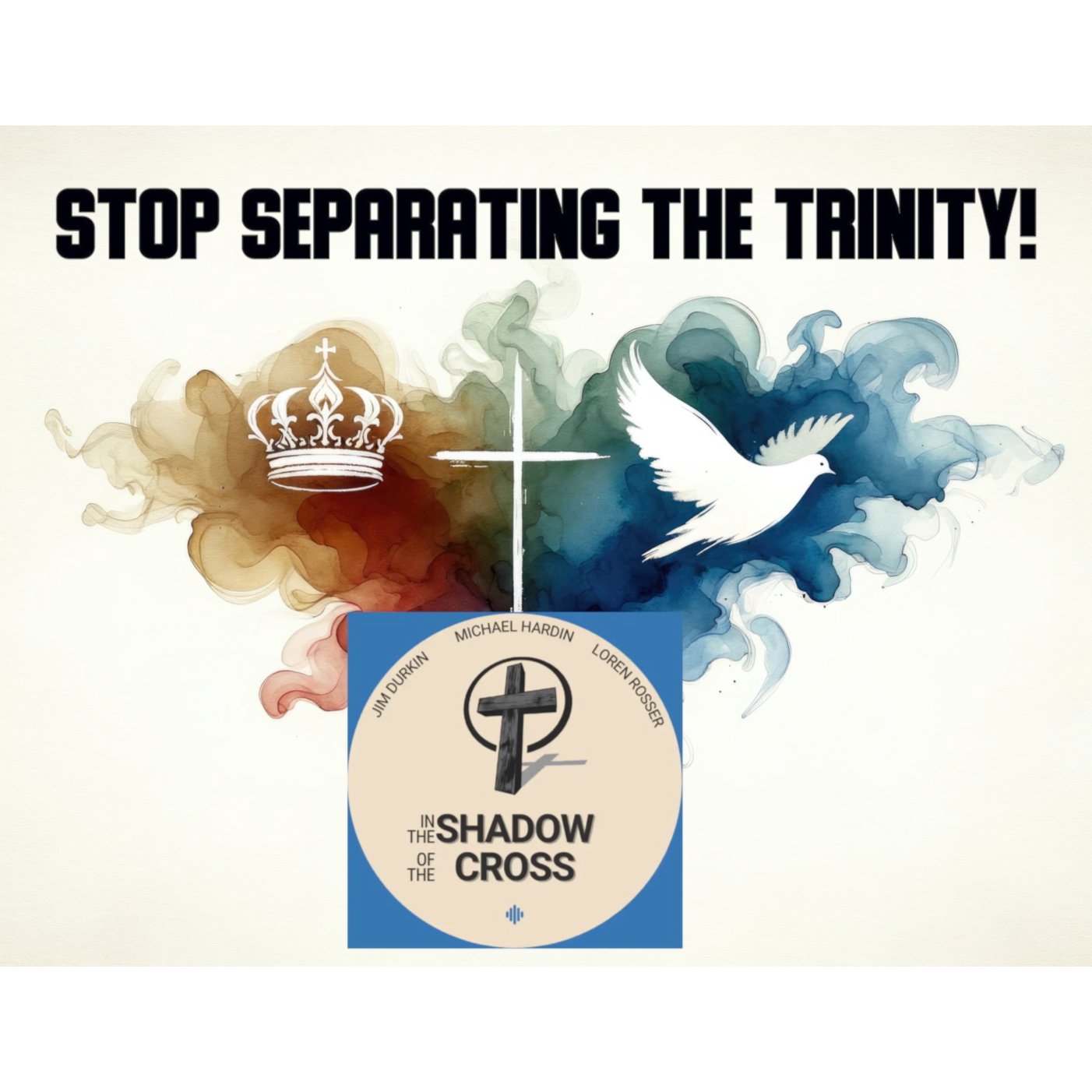
The doctrine of the Trinity is a beautiful way of describing the unity of the Father, Son, and Holy Spirit in one Godhead. Sadly, some sects of Christianity have divided God into three separate persons, each with a distinct personality, in order to justify and embrace Janus-faced violent God images and teachings that contradict the Father as revealed in the Son. Michael, Jim, and Loren discuss how our view of the Trinity impacts how we relate to others.
Anti-Intellectualism
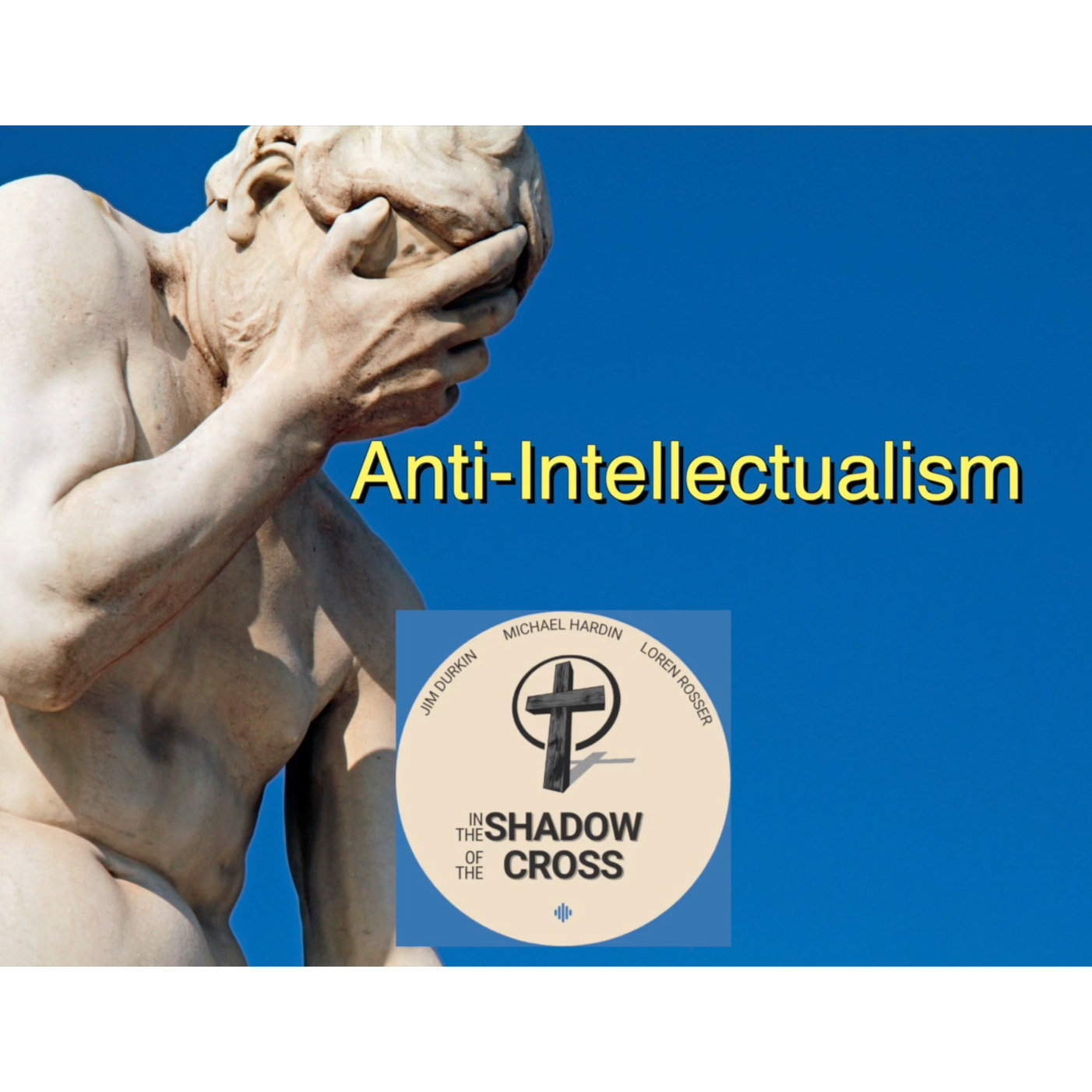
There are large portions of Christianity that cling to the importance of the Bible and elevate the teaching of scripture while at the same denouncing any in-depth study of it. They're locked into their hermeneutics and interpretation of the Bible regardless of what evidence points to the contrary. Intellectuals who learn the original languages and study the culture, history, and sciences to understand the scriptures better are viewed with contempt if their research leads them to conclusions that differ from what has always been taught in those circles. Michael, Loren, and Jim (who joined late due to connectivity issues...
The Journeys of Two Charismatics
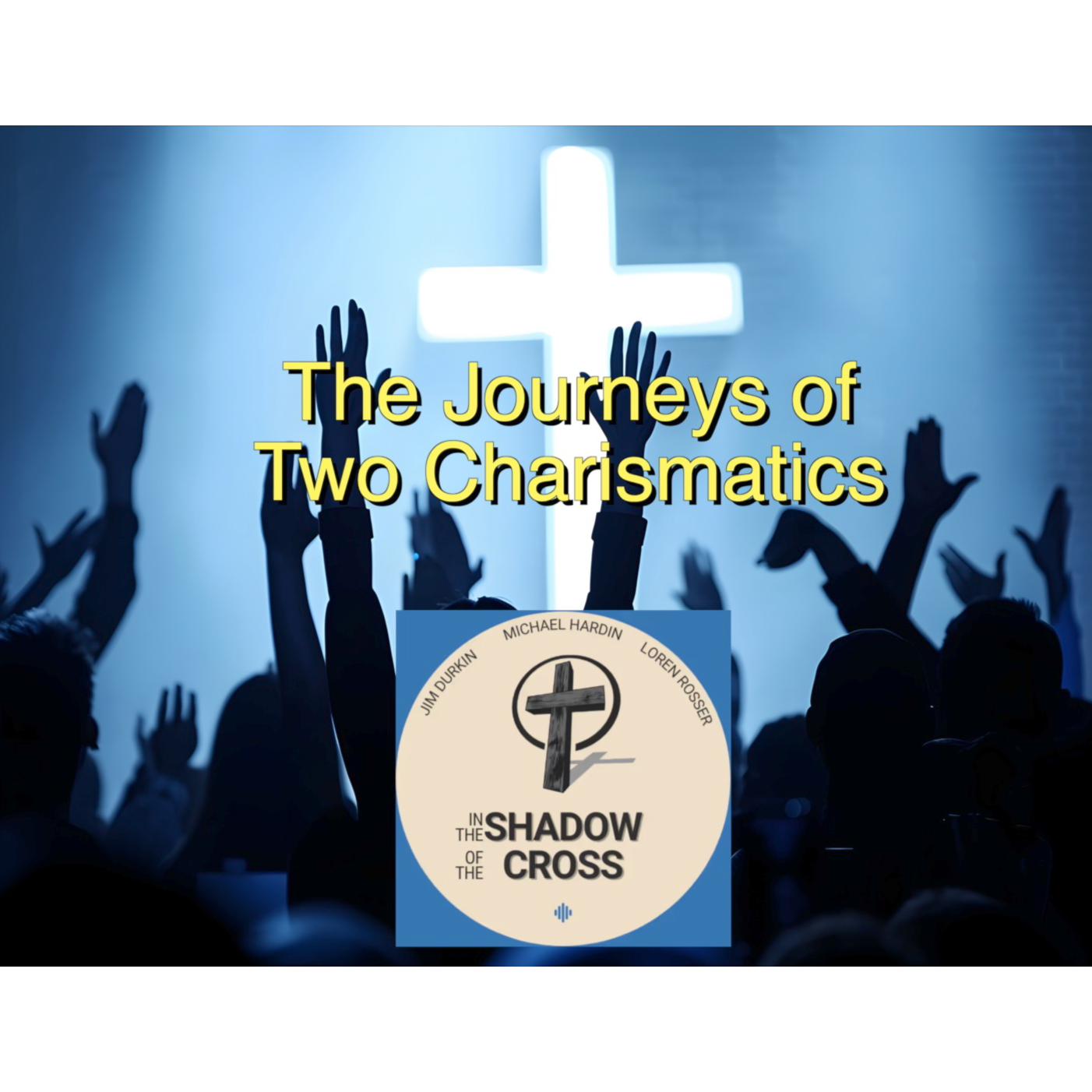
Anti-intellectualism is dominating much of Christianity. Sadly, it is widespread in charismatic/Pentecostal circles. But that's not to say that these believers don't have something valuable to contribute to the body of Christ. As charismatics (but without the crazy, as Dr. Stephen Crosby puts it), Jim and Loren share their journeys from anti-intellectualism to embracing the scholarly work of teachers in the body of Christ.
History & the Bible
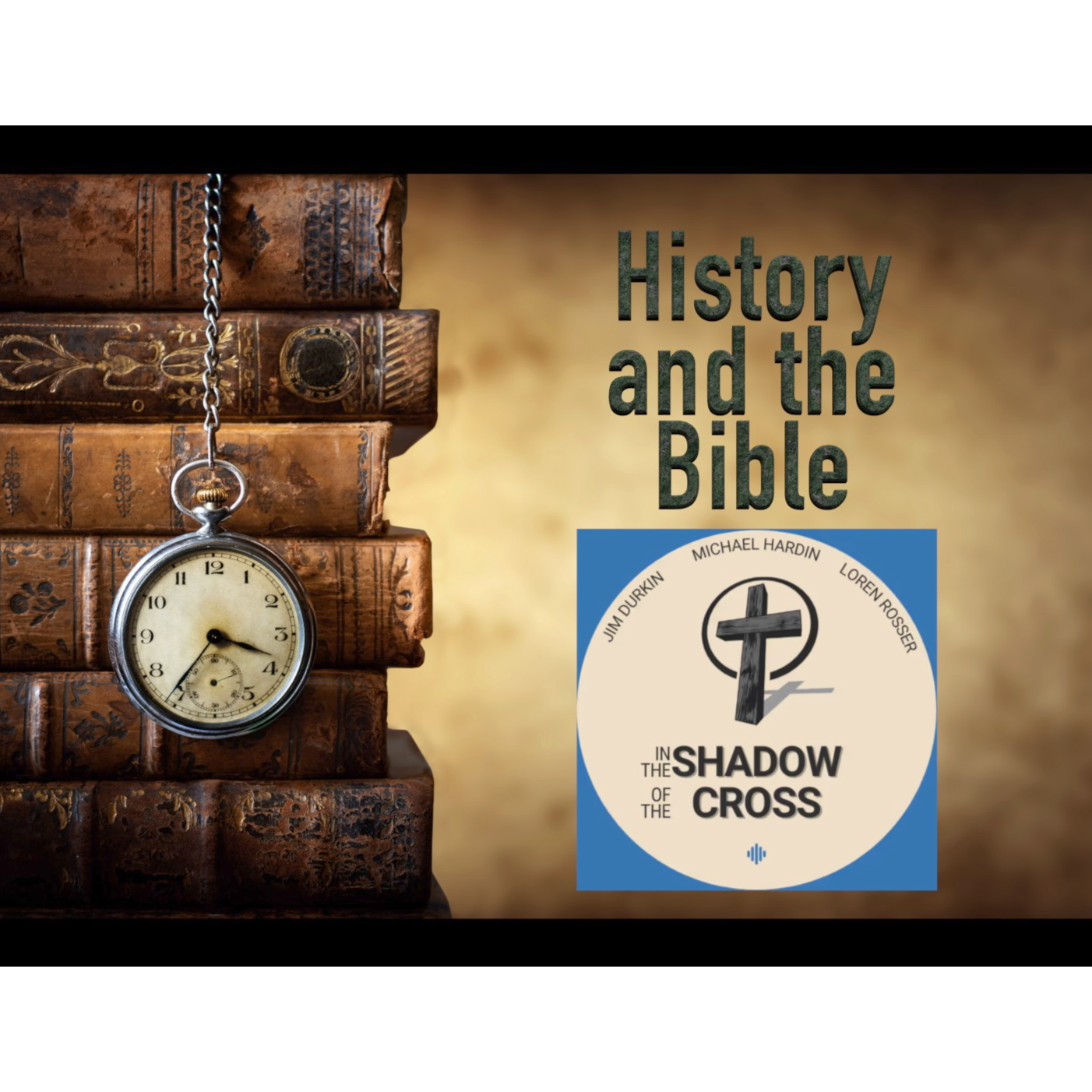
What were you taught about history as it relates to the Bible? Many believers have misconceptions about the history surrounding the Bible times and the church. Jim wasn't able to join in on this one so Michael and Loren dared to continue in his absence and discussed the Bible through a historical lens.
Love Your Enemies

Jesus taught us to love our enemies. This is not some side teaching, but the heartbeat of what it means to follow Jesus. Here in the US, we tend to think of loving our enemies as loving that person who rubs me the wrong way. But that's only scratching the surface. It also means loving my political opponents, the enemies of my country, and the people groups I despise. In this episode, Michael, Jim, and Loren get personal and share their challenges living this.
Free Will & Determinism Part 2
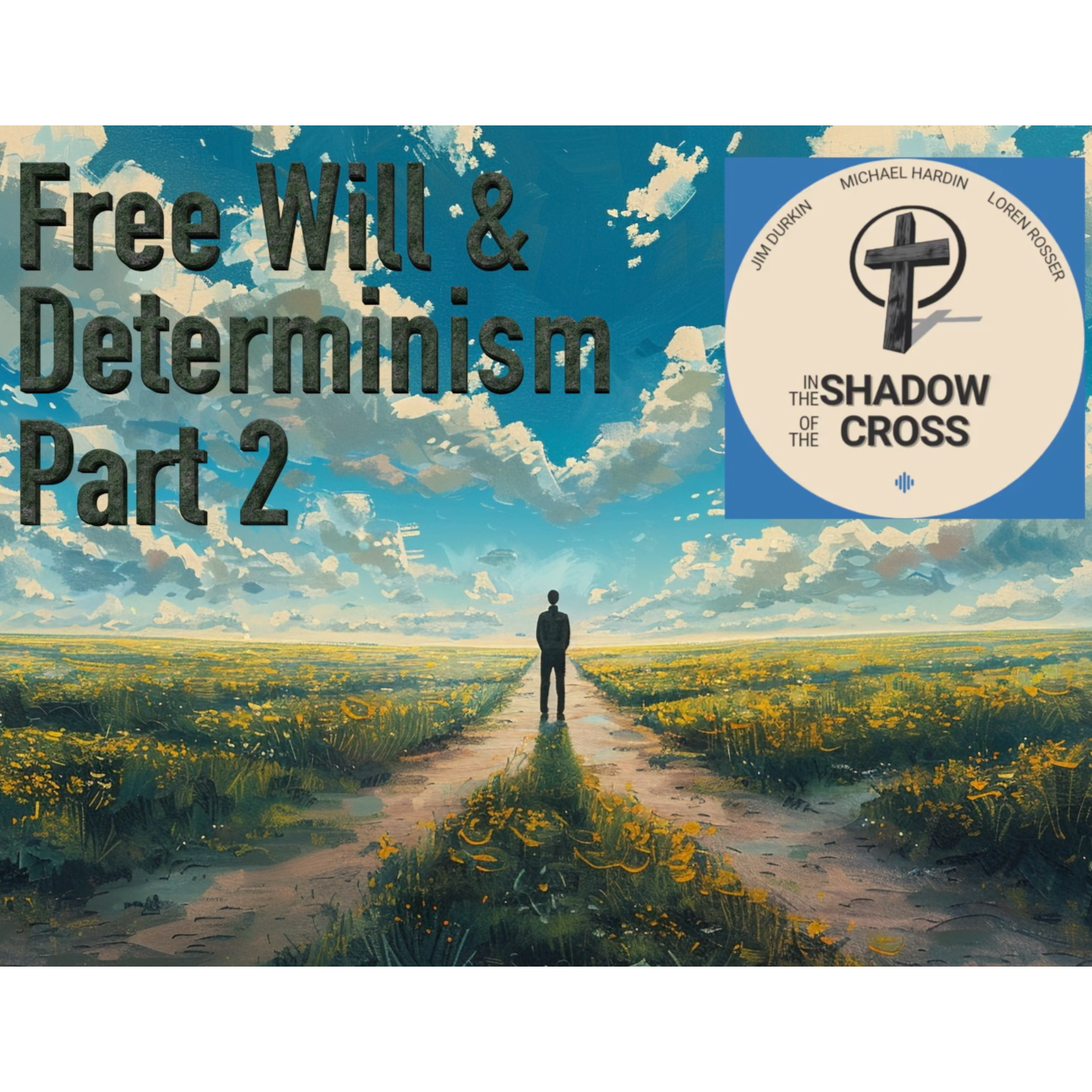
Last podcast we began a fascinating debate between Mark Karris and Thomas Jay Oord on free-will or determinism. This week things really get interesting as our guests examine how these play into desire and our relationship with God.
Free Will & Determinism Part 1
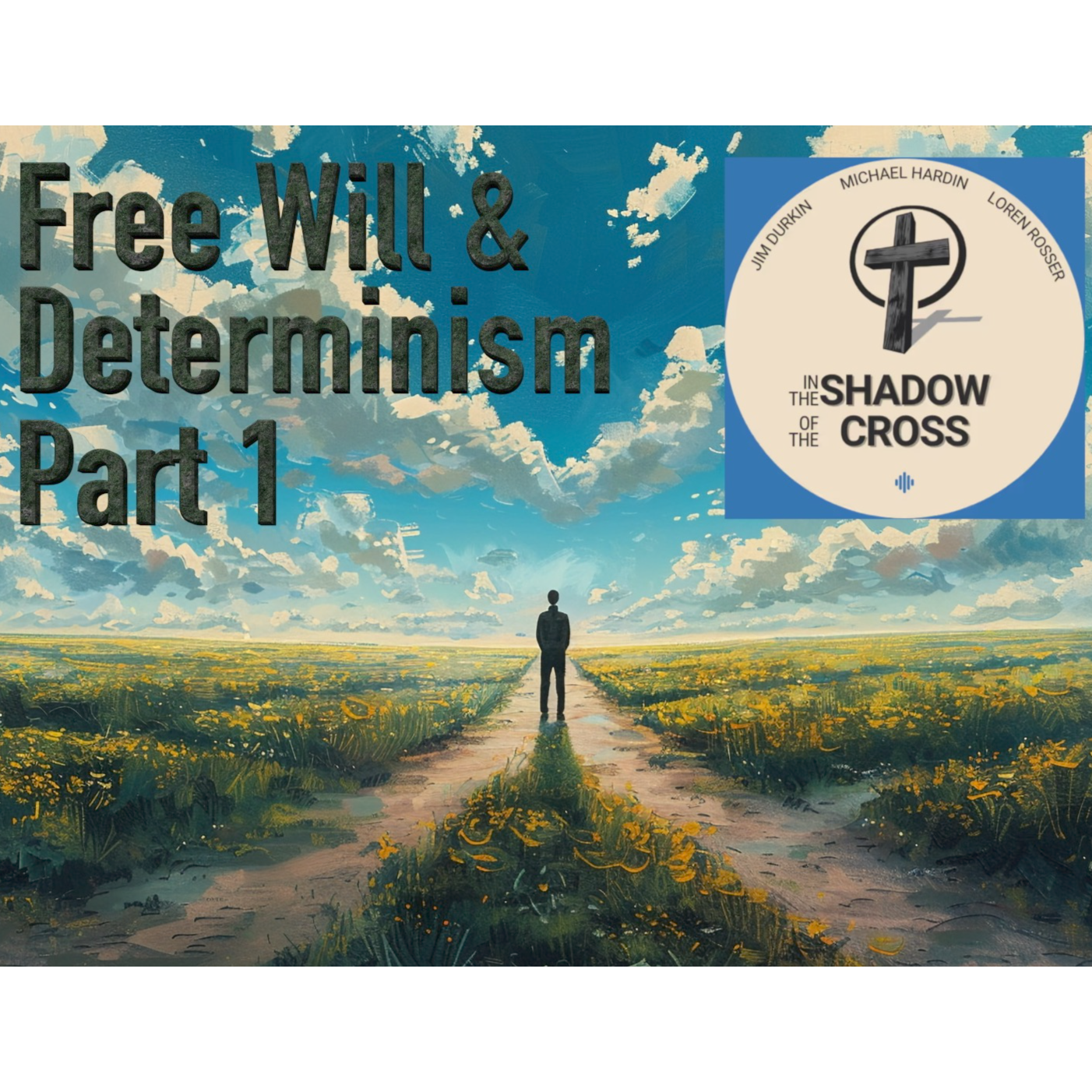
Is there such a thing as free will? Some would argue yes while others say no. Mark Karris and Thomas Jay Oord join us today for a fascinating debate on the topic of free will.
Marcion

When people begin questioning the contradictions they see between Jesus and the God in some of the Old Testament passages they are often accused of Marcionism. But who was Marcion and what did he teach that caused him to be labeled a heretic?
Christian Terminology

In this episode, which was recorded on 4/20 (an important piece of information), Jim, Michael, and Loren discuss commonly used Christian terms that are misdefined and misapplied.
Romans 14
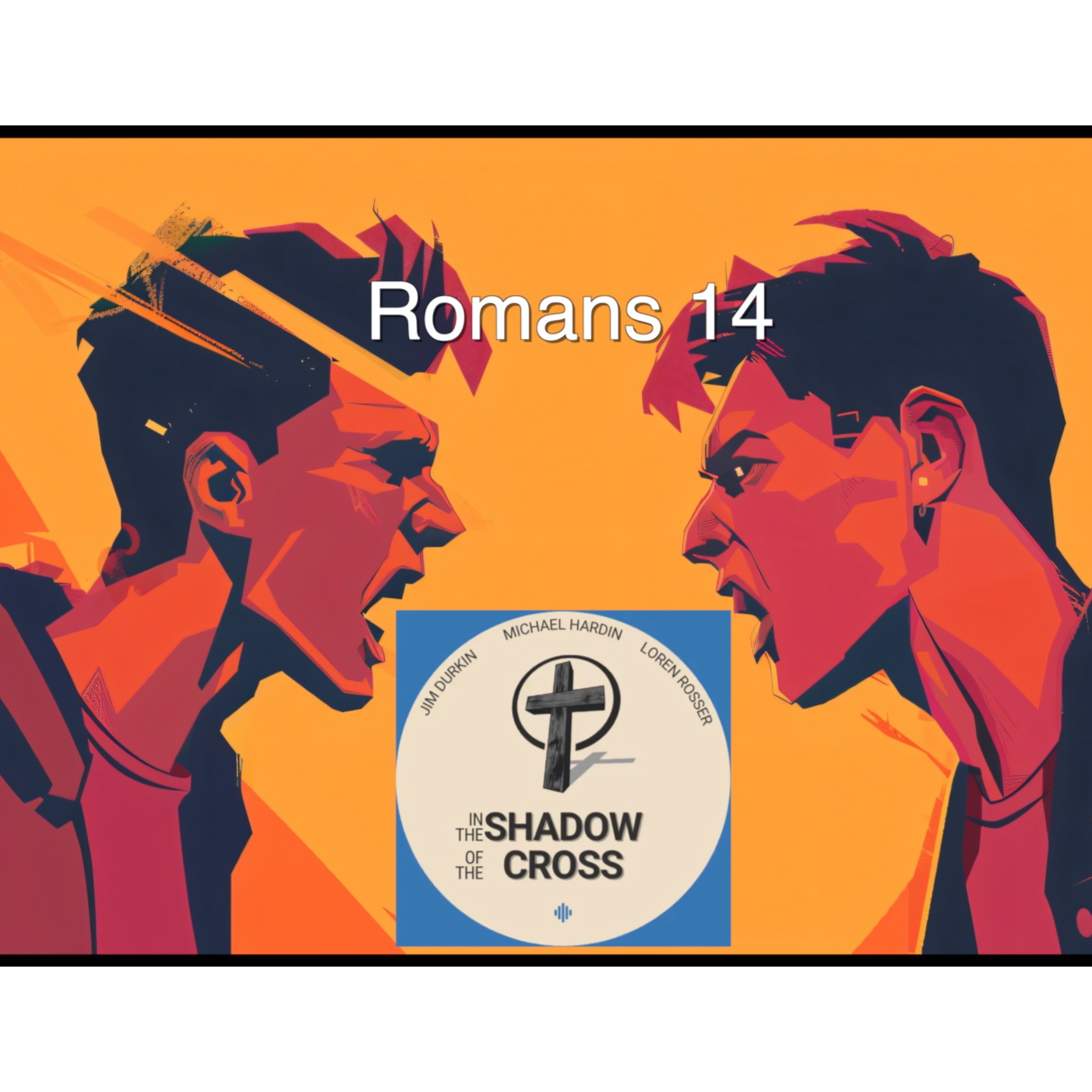
In Romans 14 Paul discusses the weak eating vegetables while the strong eat meat. This passage is often interpreted as saying, "Don't do things in front of others that will cause them to stumble." Jim, Michael, and Loren take a look at this passage and as we'll see, we've been looking at this through a 21st-century lens.
1 Corinthians 5: The Sinner in church
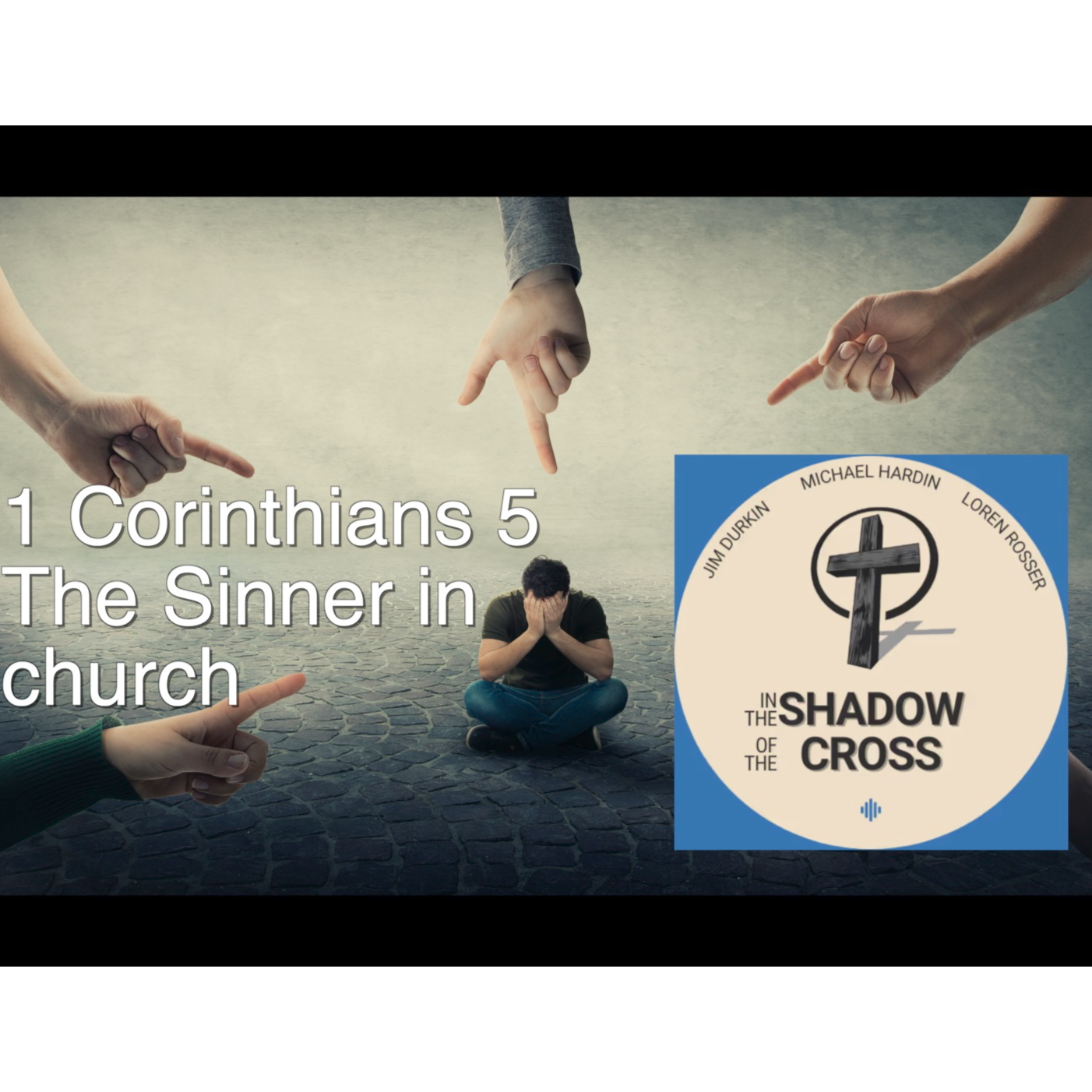
1 Corinthians 5, the passage dealing with kicking a man out of church because of incest, is a difficult passage. Many churches use this passage as justification to kick people out involved in certain sins. Is that what Paul is instructing the Corinthians to do? On the surface, it appears that's the case. But as Michael, Jim, and Loren discuss, Paul may not be saying what we thought he was saying.
Morality & Ethics
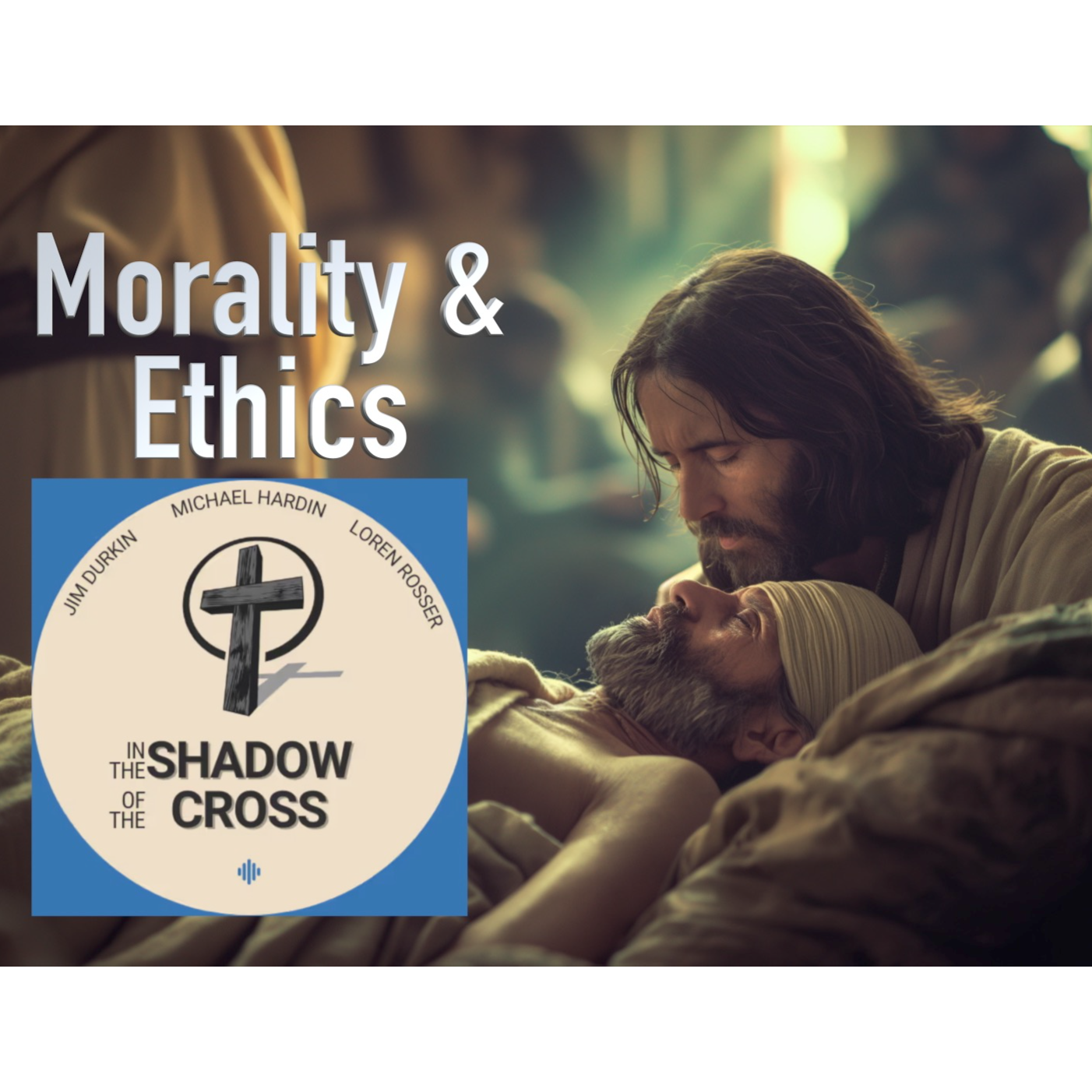
At a recent gathering, Michael made an interesting statement, "God doesn't do morality, he does Ethics." What does that mean? Many people think of morality and ethics as being the same thing. Others talk about not being under the Law while still upholding moral codes. What is the difference between doing morality and doing ethics?
Morality
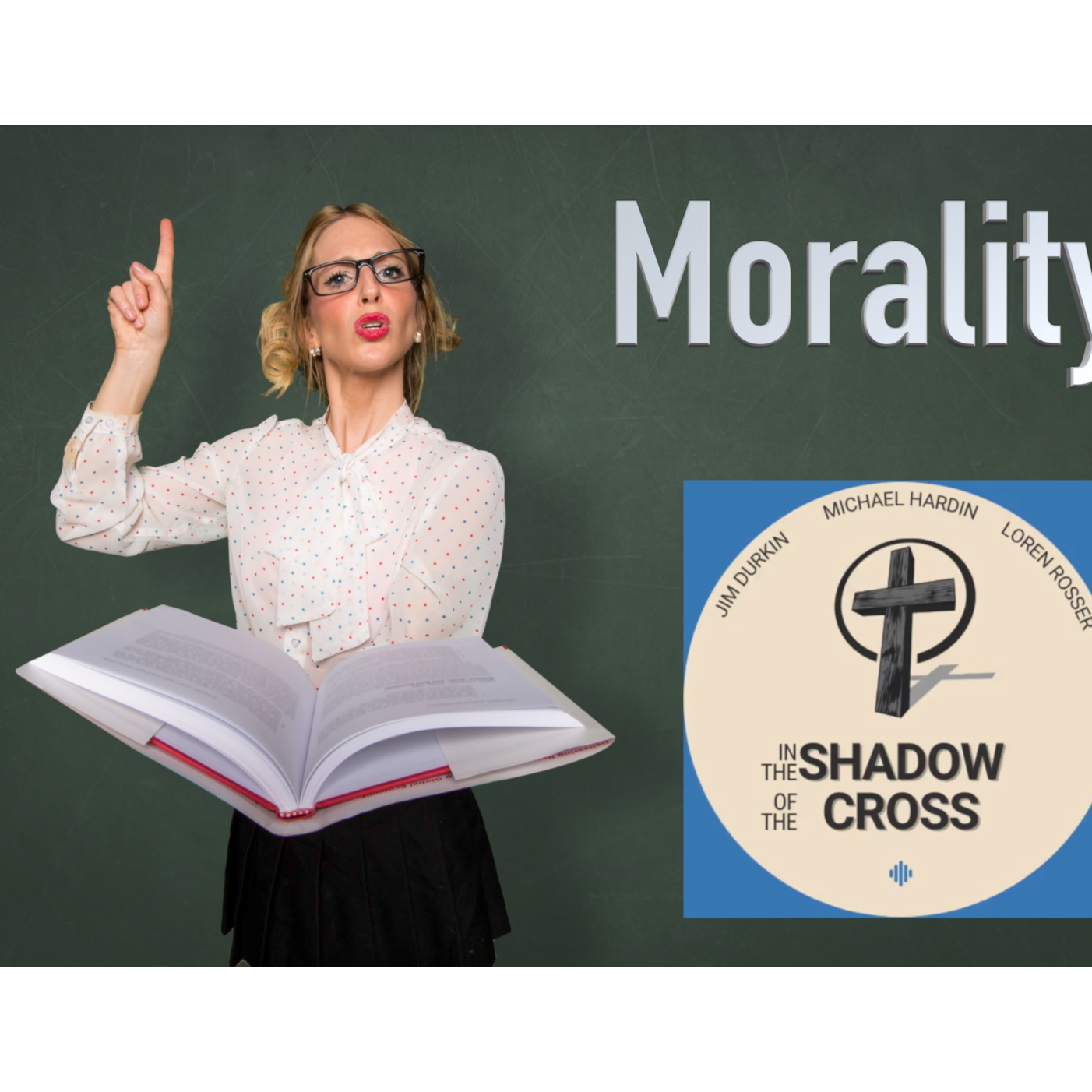
Is following Jesus about adhering to morals, rules, and codes of conduct?
The Satan
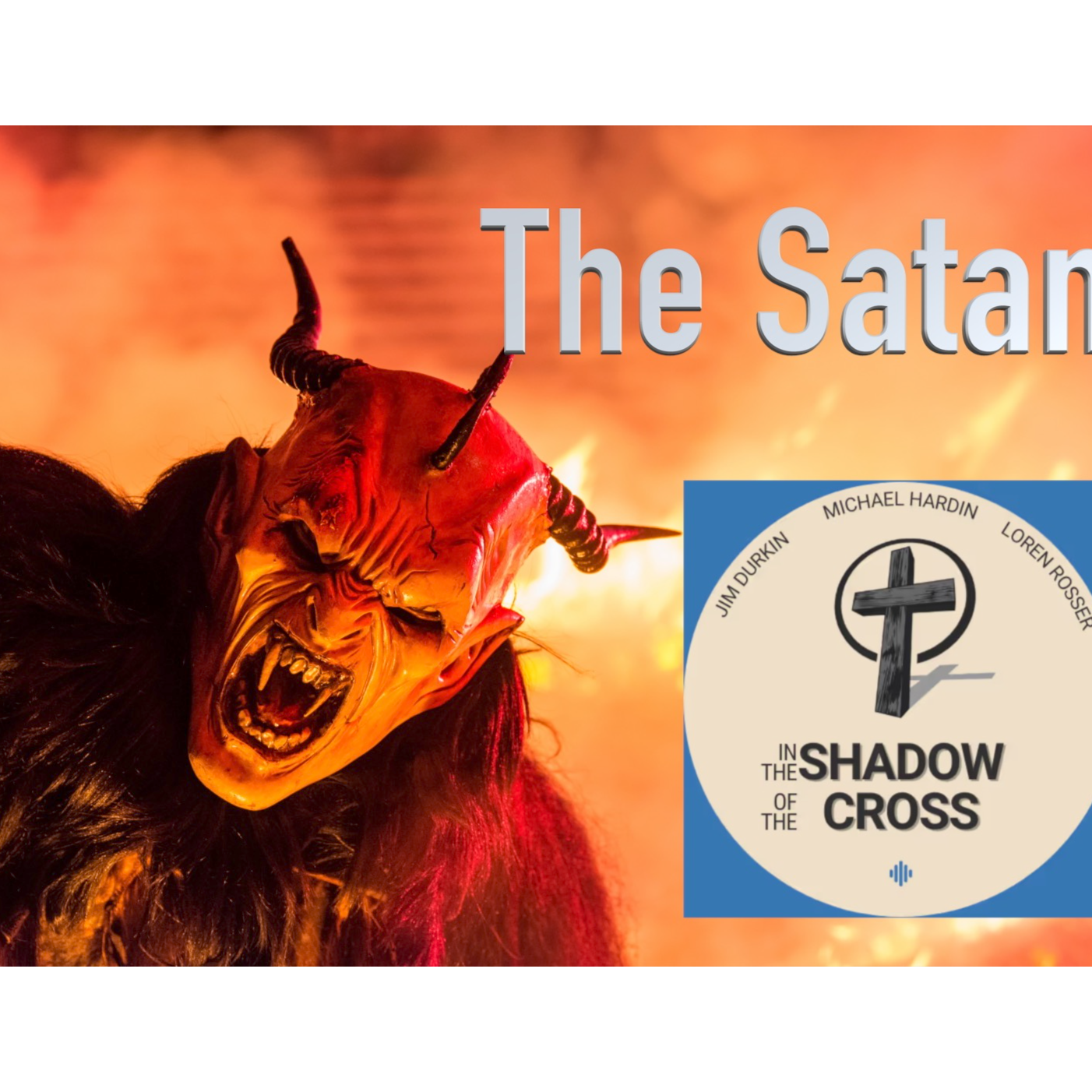
Michael, Jim, and Loren discuss who or what Satan is. Where did he come from and how does Satan fit into Christian beliefs?
A Trip Through the Worm Factory

Michael, Jim, and Loren don't just open a can of worms, they take a tour through an entire worm factory as they wrestle with some of life's tough questions about our Heavenly Father, evil, and more.
EVIL is LIVE Spelled Backwards

Michael, Jim, and Loren continue their discussion wrestling with the question, "If God is good then why do bad things happen?"
Evil
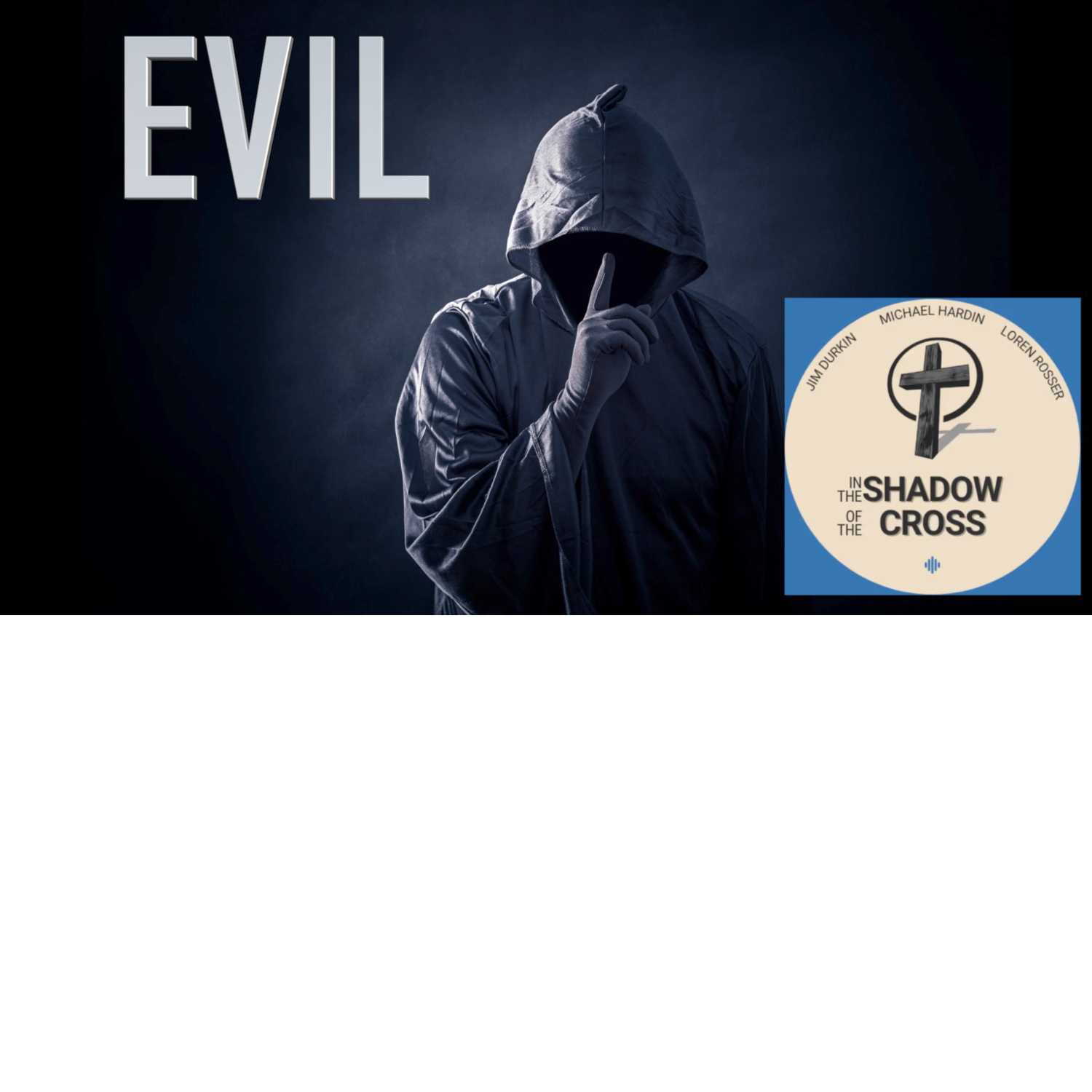
Michael, Jim, and Loren discuss evil. What is evil?
The Humanity & Divinity of Jesus Part 2
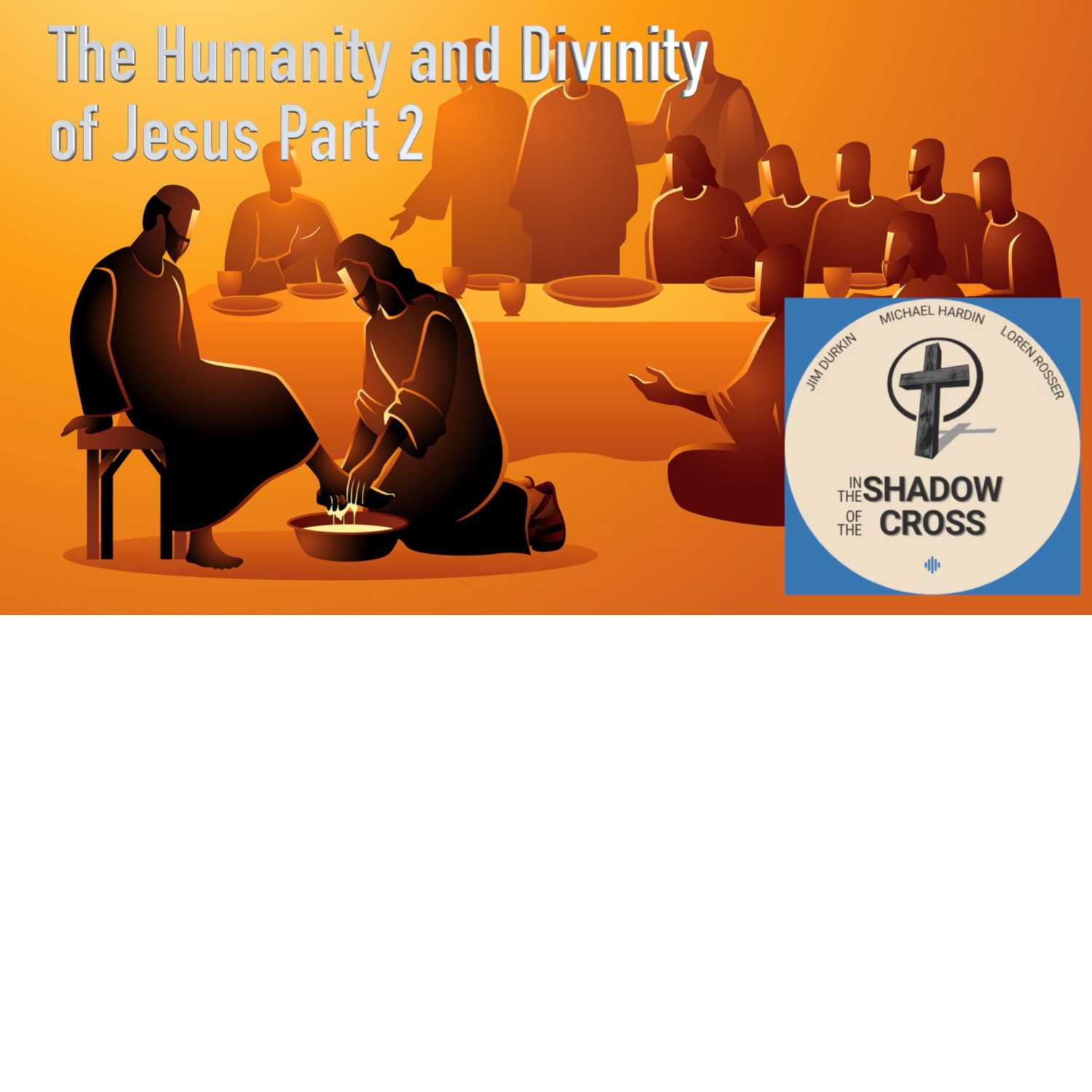
Michael, Jim, and Loren continue their discussion on Jesus' humanity and divinity with a particular focus on what it means for the Word to become flesh.
Evil
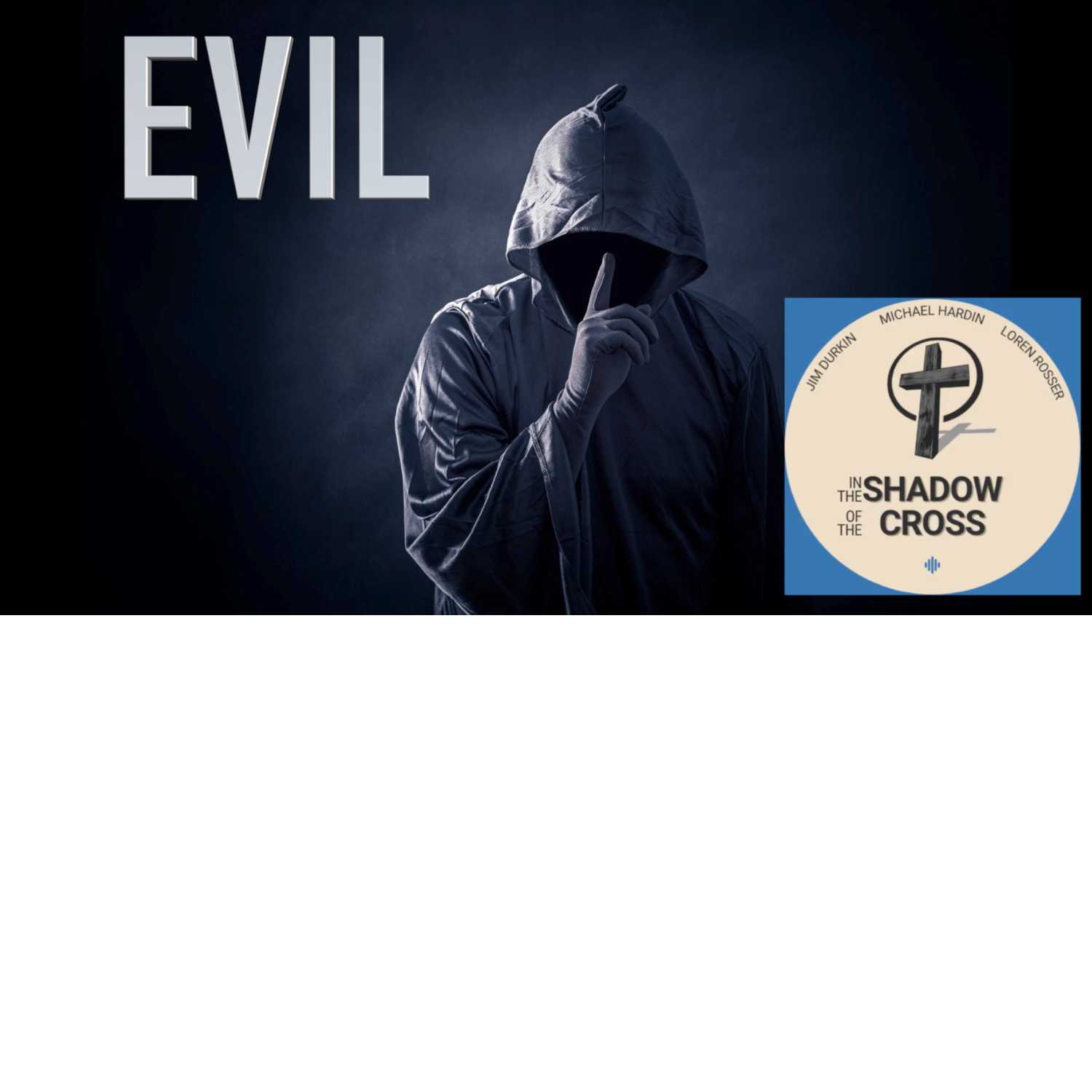
What is evil? The answers about what the Gospel teaches evil is may surprise you.
The Humanity & Divinity of Jesus
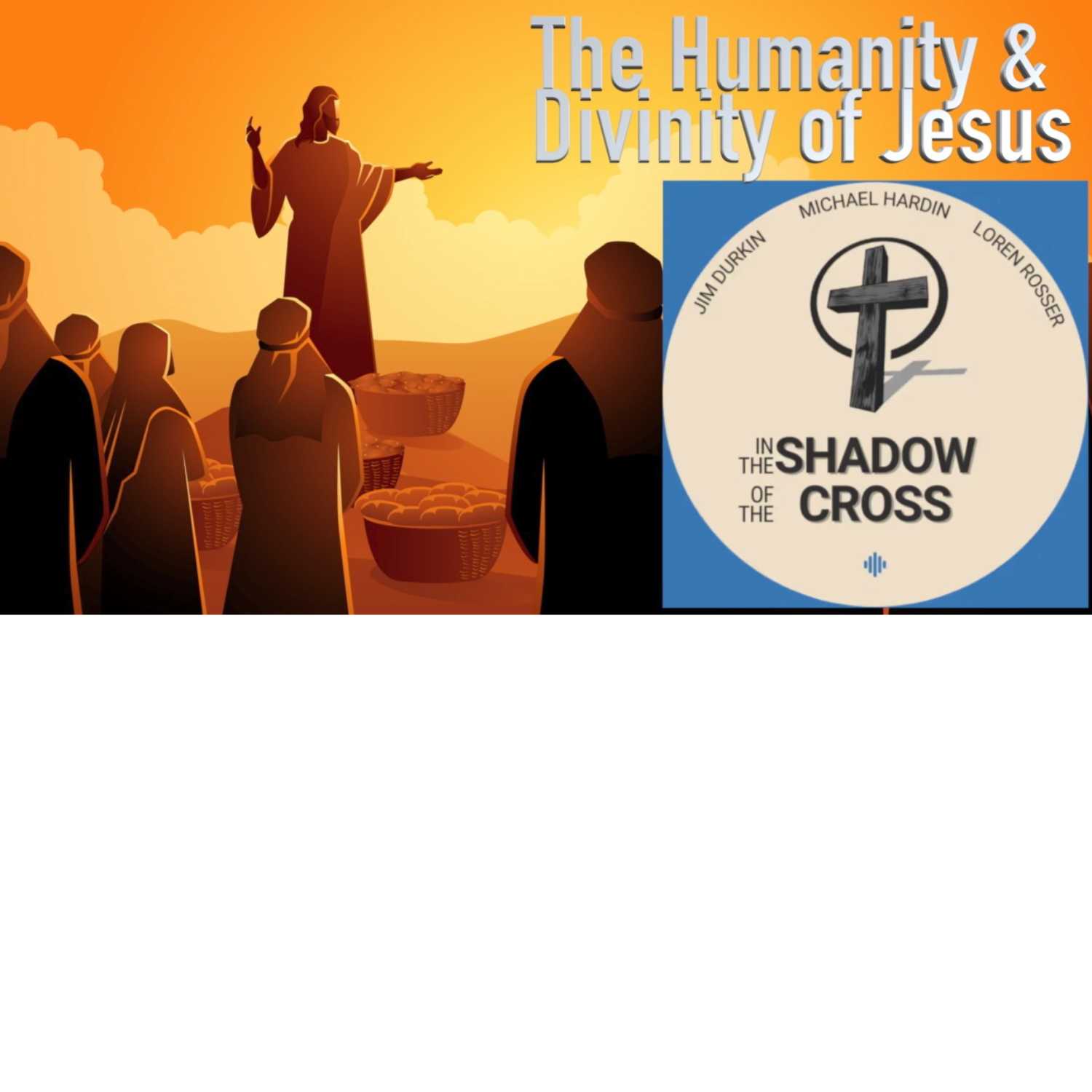
Christians have a tendency to fall into one of two ditches. Some will place so much emphasis on his divinity they strip him of his humanity, Others will completely strip him of his divinity. Michael leads Jim and Loren in a discussion on the humanity and divinity of Jesus.
Does Theology Matter?
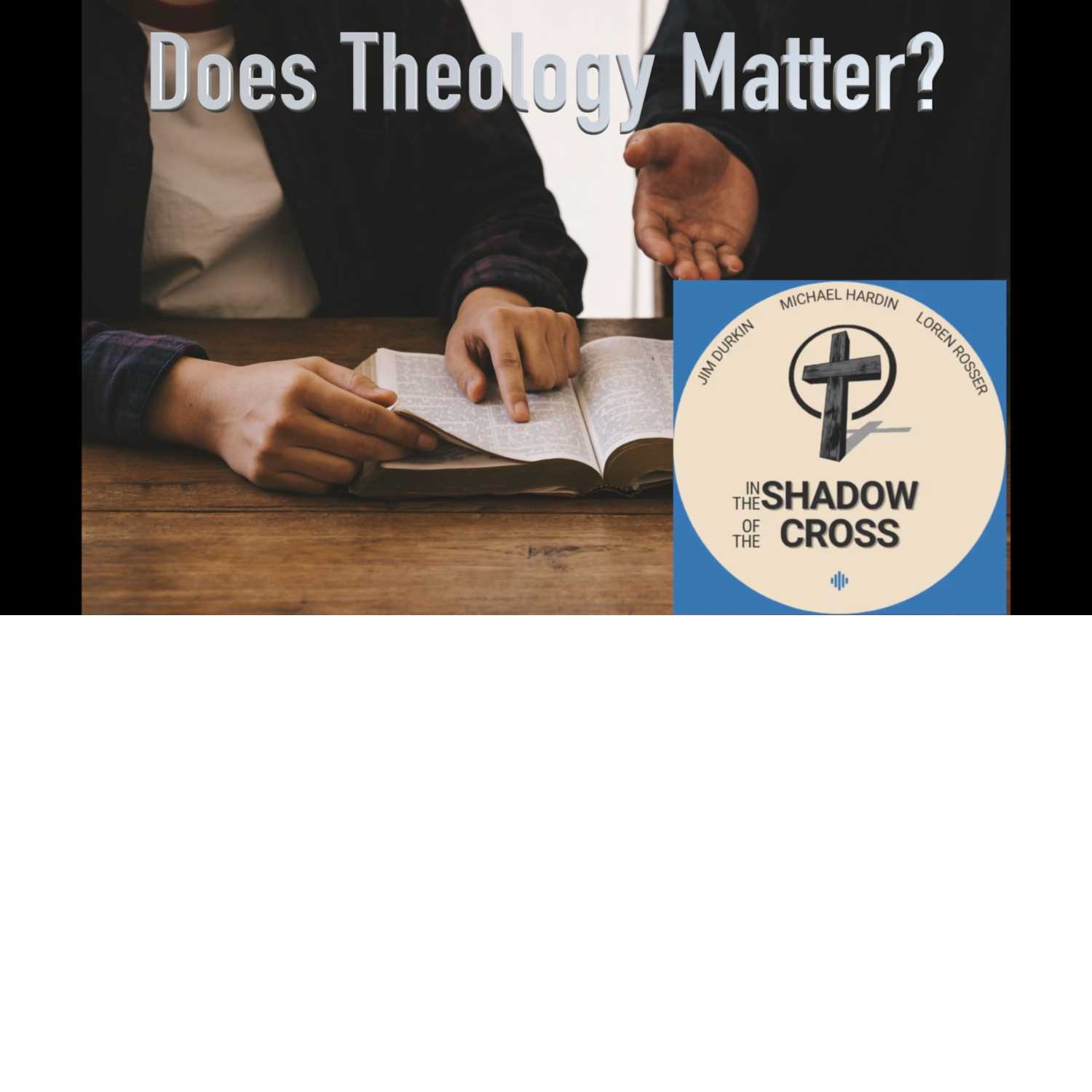
Discussions on theology can often get heated and become divisive. Is theology bad? Should we stay away from discussing it? Michael, Jim, and Loren discuss whether theology matters.
Returning to the Institutional Church
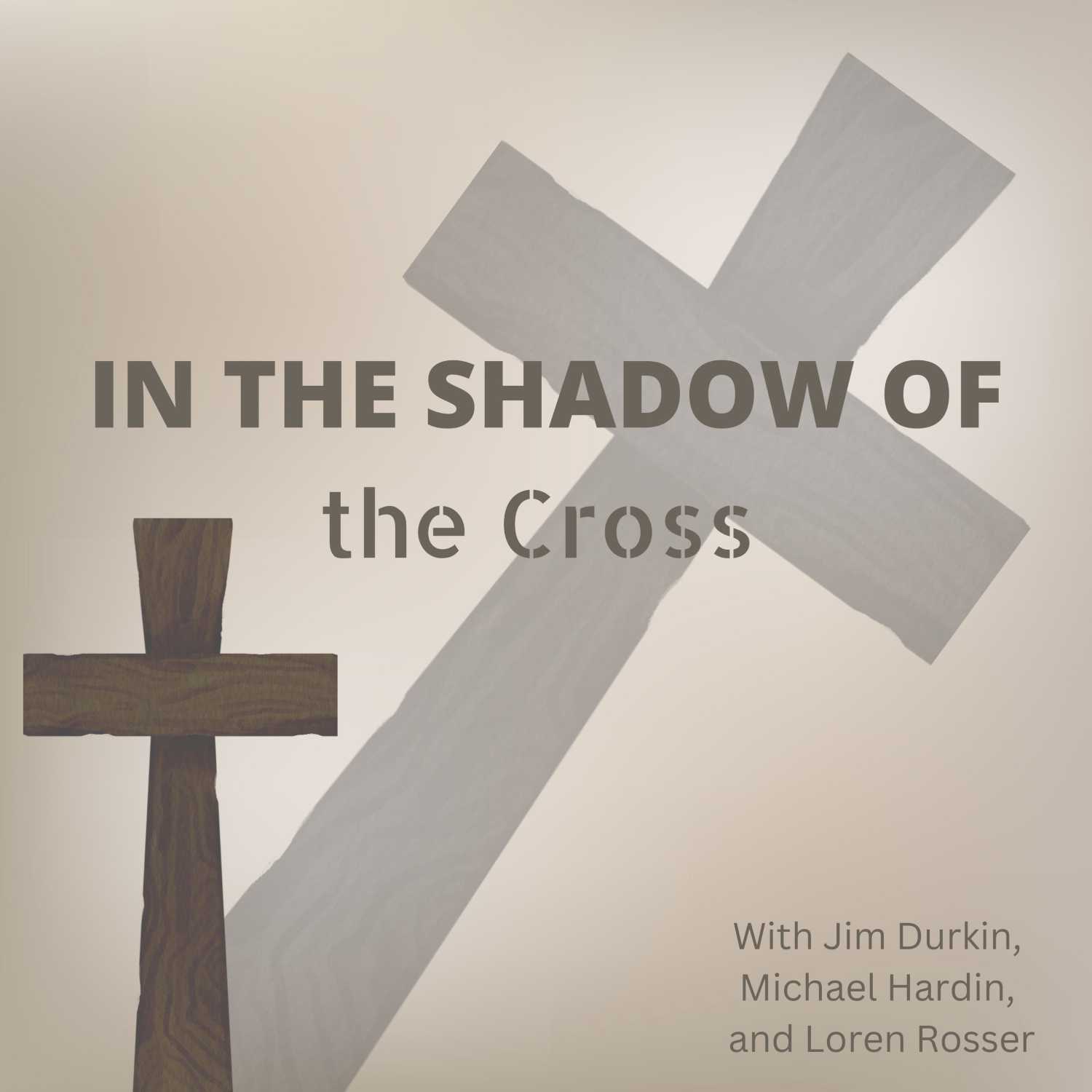
Many followers of Jesus have left the institutional church because of vastly different views of the Father. Those that left find that their non-sacrificial view of the Father and a belief in a Heavenly Father in whom there is no dark side doesn’t mesh with the teachings and theologies in most institutional churches. Is it possible for those that have left to return as sources of healing? Jim is still on vacation, so Michael and Loren look at the issues surrounding returning to the institutional church.
Hell
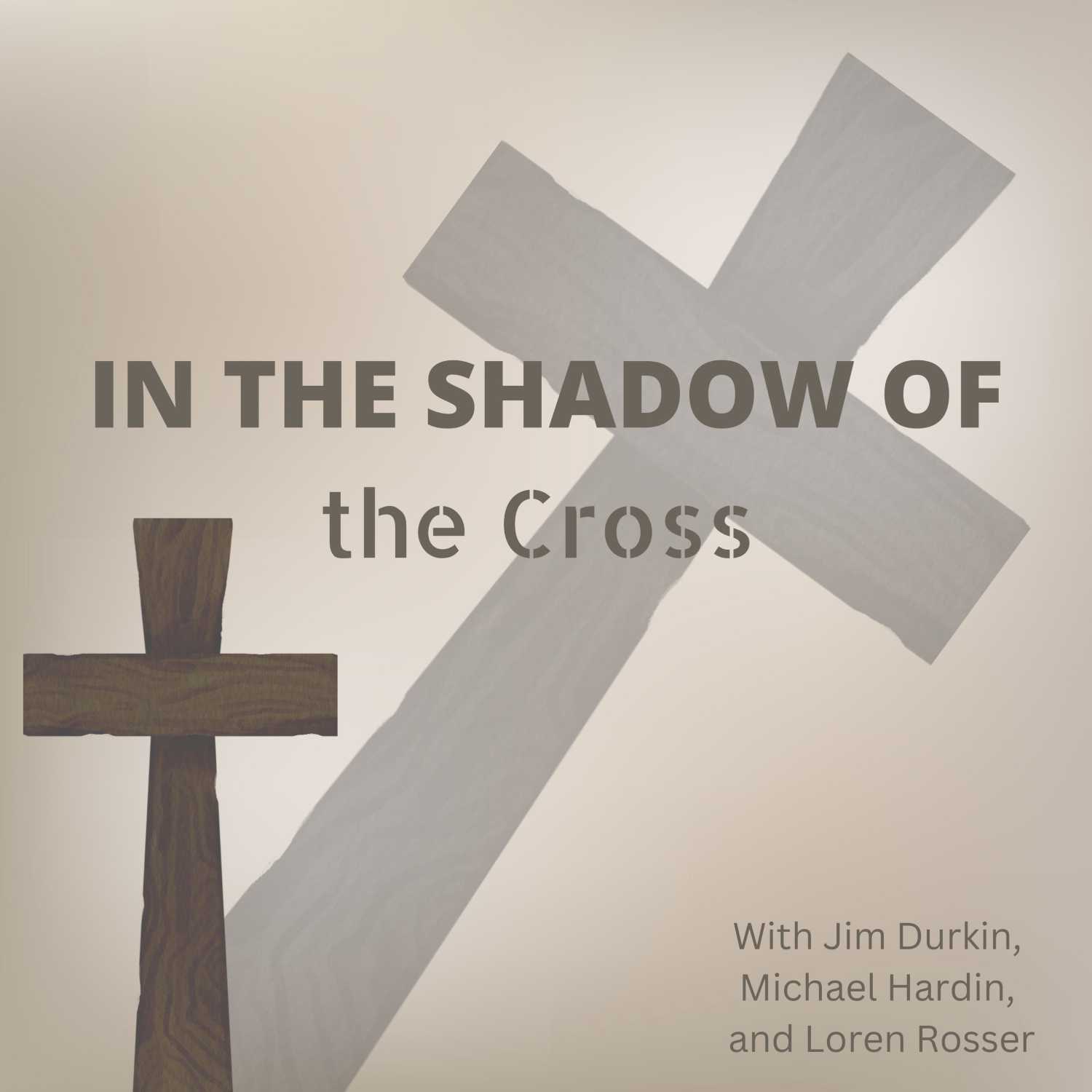
Jim is on vacation, so Michael and Loren have a hell of a time discussing hell. This is a hot topic right now as many debate whether hell exists. Isn’t hell central to the Gospel? Is it possible to have a Gospel without hell? What about judgment? Join us for a conversation focused on these burning questions.
Jesus the Jew
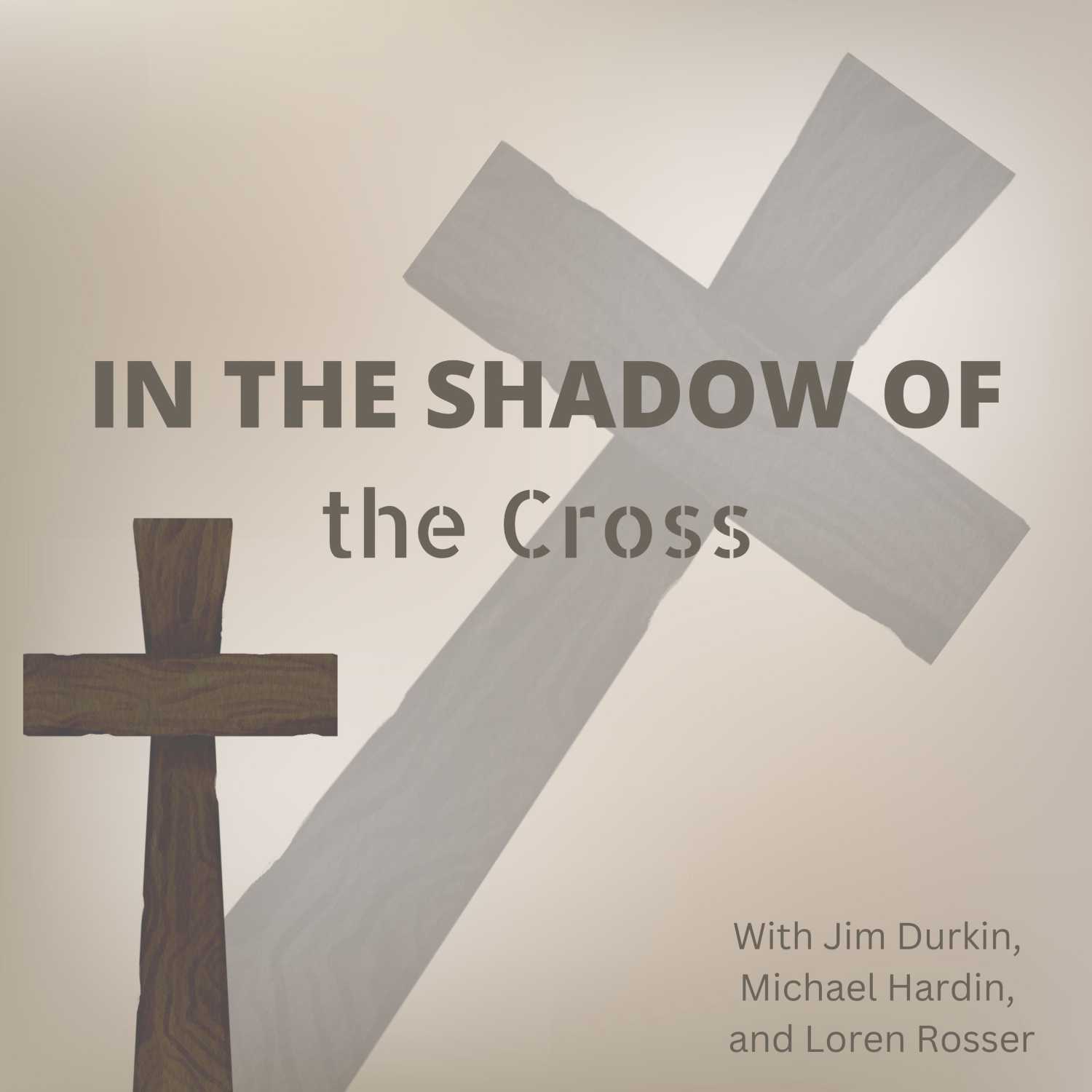
As we view Jesus through our Western lenses, we have a strong tendency to erase the fact that he was a Jew. But what does this mean? We have so Westernized, Americanized, and Christianized Jesus that many are unaware that he was none of these things. In this episode, Michael, Jim, and Loren examine what it means for Jesus to be a Jew living in the culture of second-temple Judaism.
Jesus the Jew
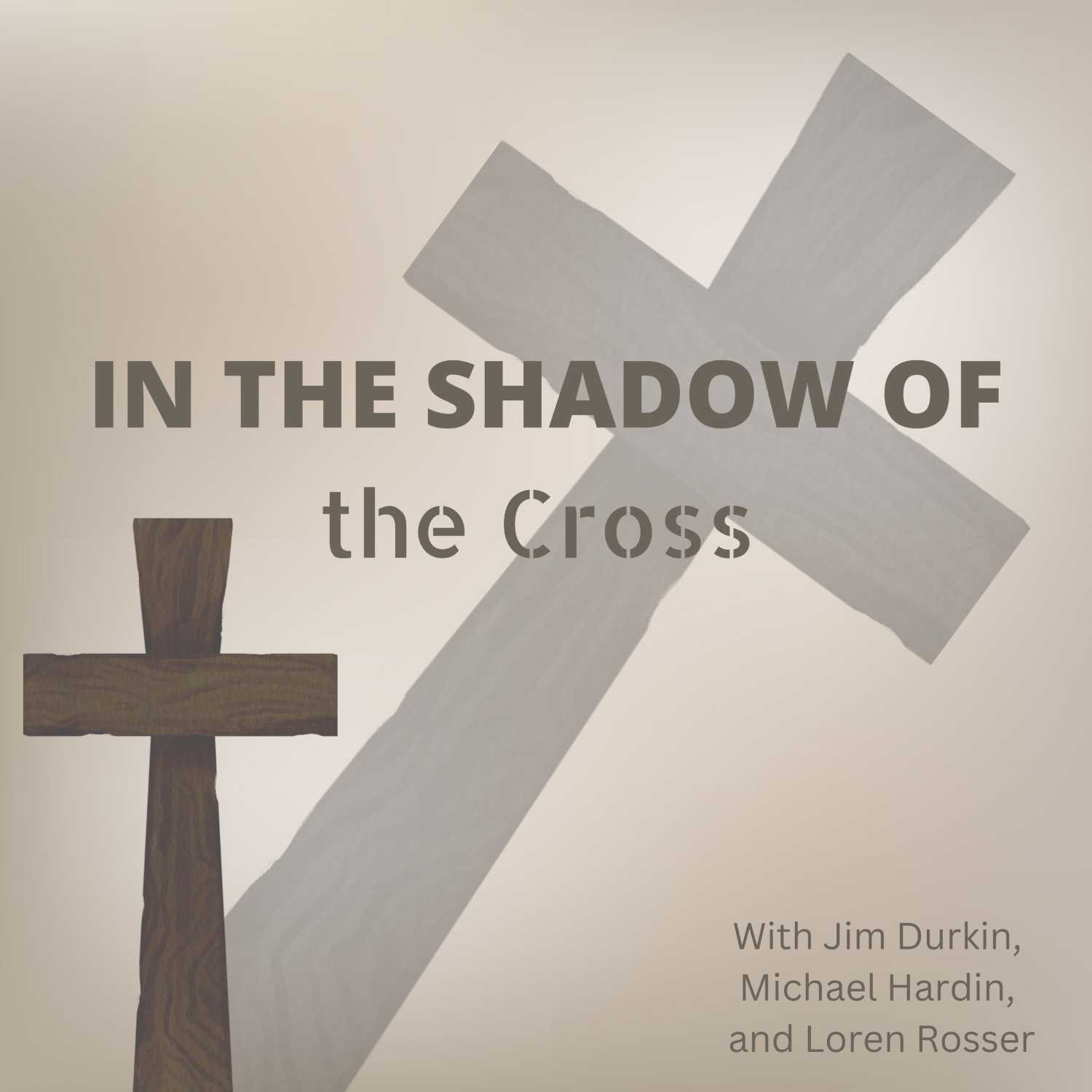
As we view Jesus through our Western lenses, we have a strong tendency to erase the fact that he was a Jew. But what does this mean? We have so Westernized, Americanized, and Christianized Jesus that many are unaware that he was none of these things. In this episode, Michael, Jim, and Loren examine what it means for Jesus to be a Jew living in the culture of second-temple Judaism.
The False View of Church History
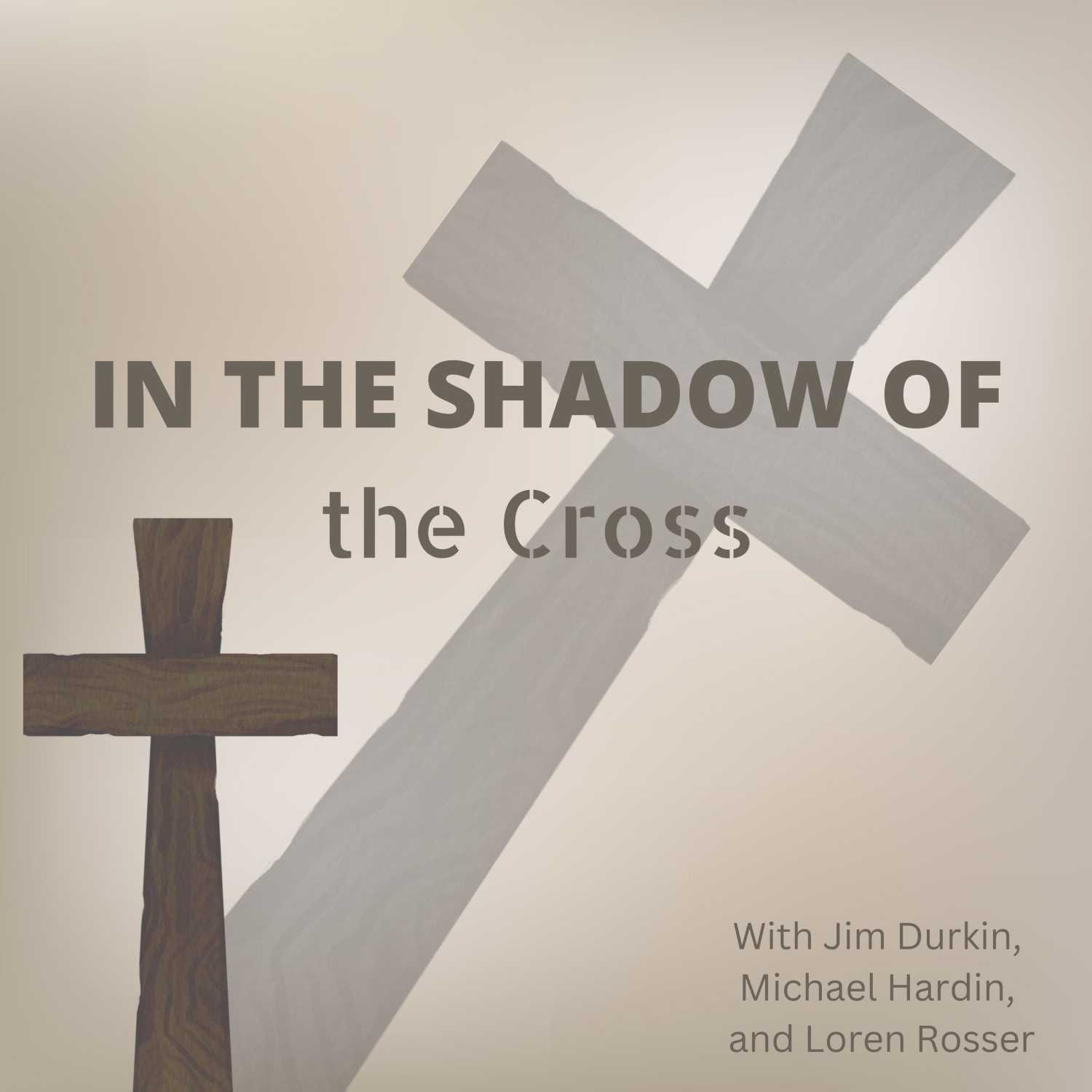
It’s not uncommon today to hear Christians cry heresy over something that was considered orthodox by the early church fathers. Or Christians will think they’ve stumbled upon something new not knowing that it was embraced by followers of Jesus centuries ago. The sad fact of the matter is many Christians have an extremely limited and even twisted view of church history. Michael, Jim, and Loren discuss the false view of church history to which many cling and why it’s important for believers to know church history.
Alone on the Journey
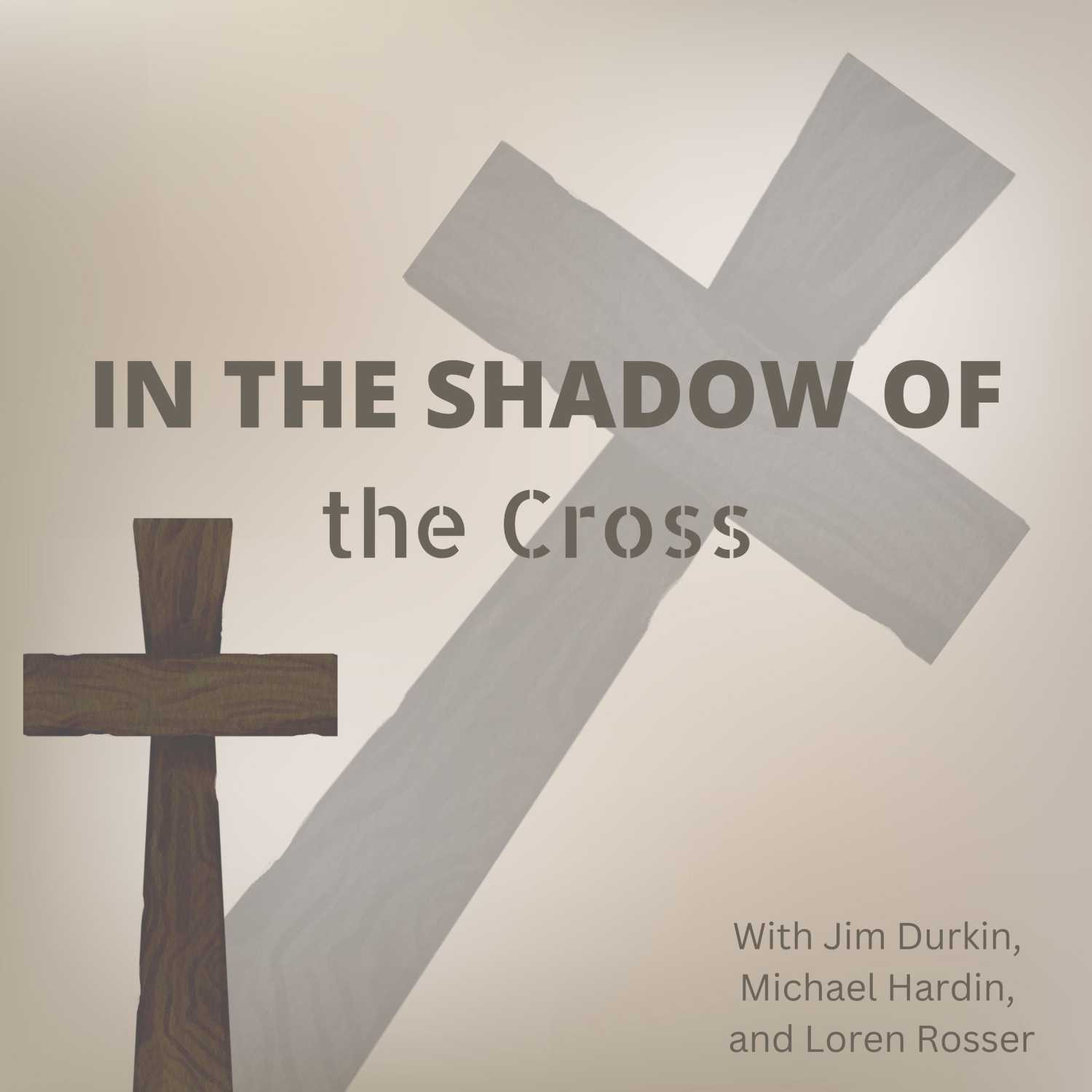
Many people who start asking questions about their commonly held beliefs find some of their friends and family aren’t too happy with them. What do you do when you find yourself alone as many of your long-held beliefs are unraveling and you’re seeing things different?
The Move to Liturgical Christianity
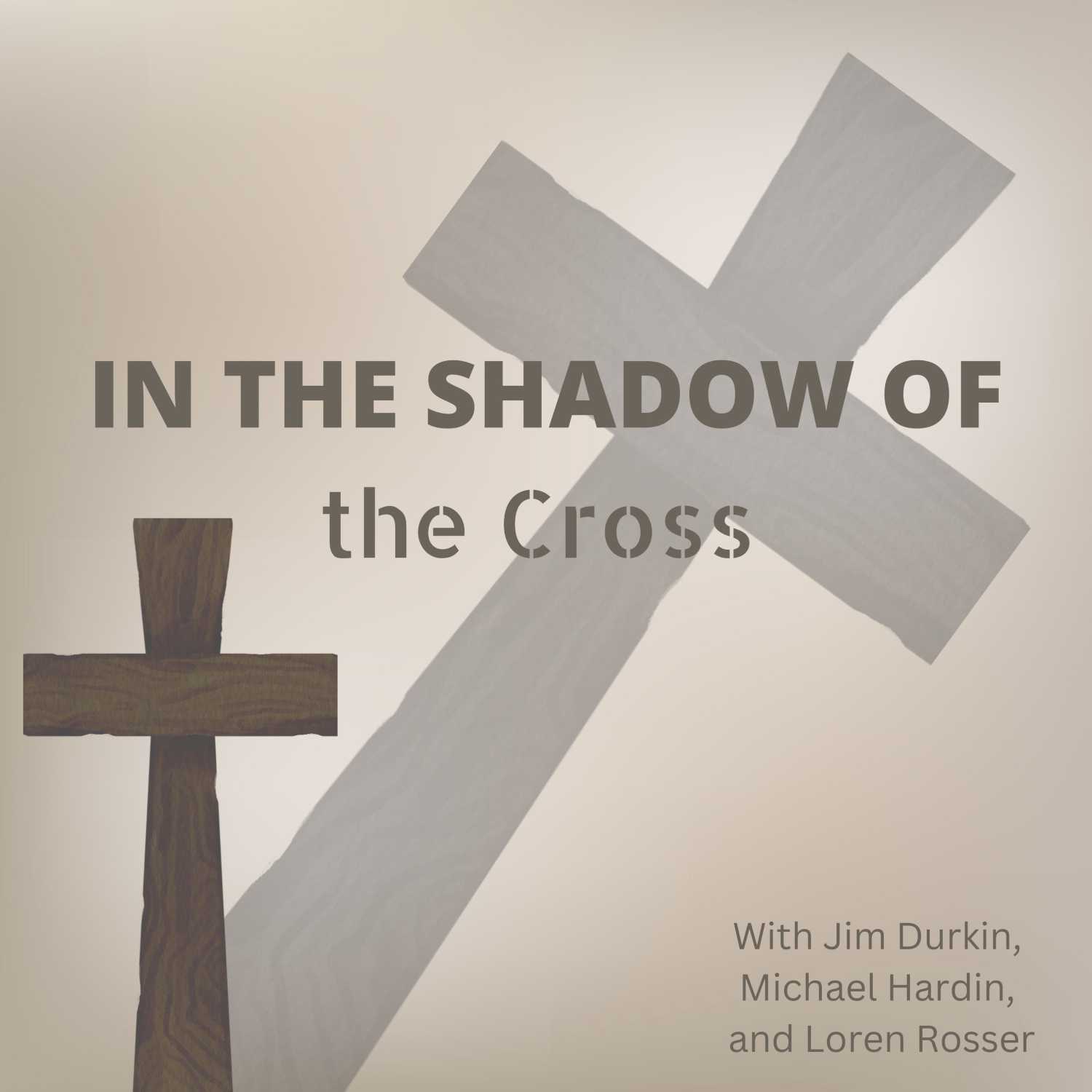
In recent years many Evangelical Christians have been leaving their congregations and joining more liturgical communities. Why has this been happening? Jim, Michael, and Loren share their thoughts on what is sparking these changes.
Why are Christians Leaving Christianity?
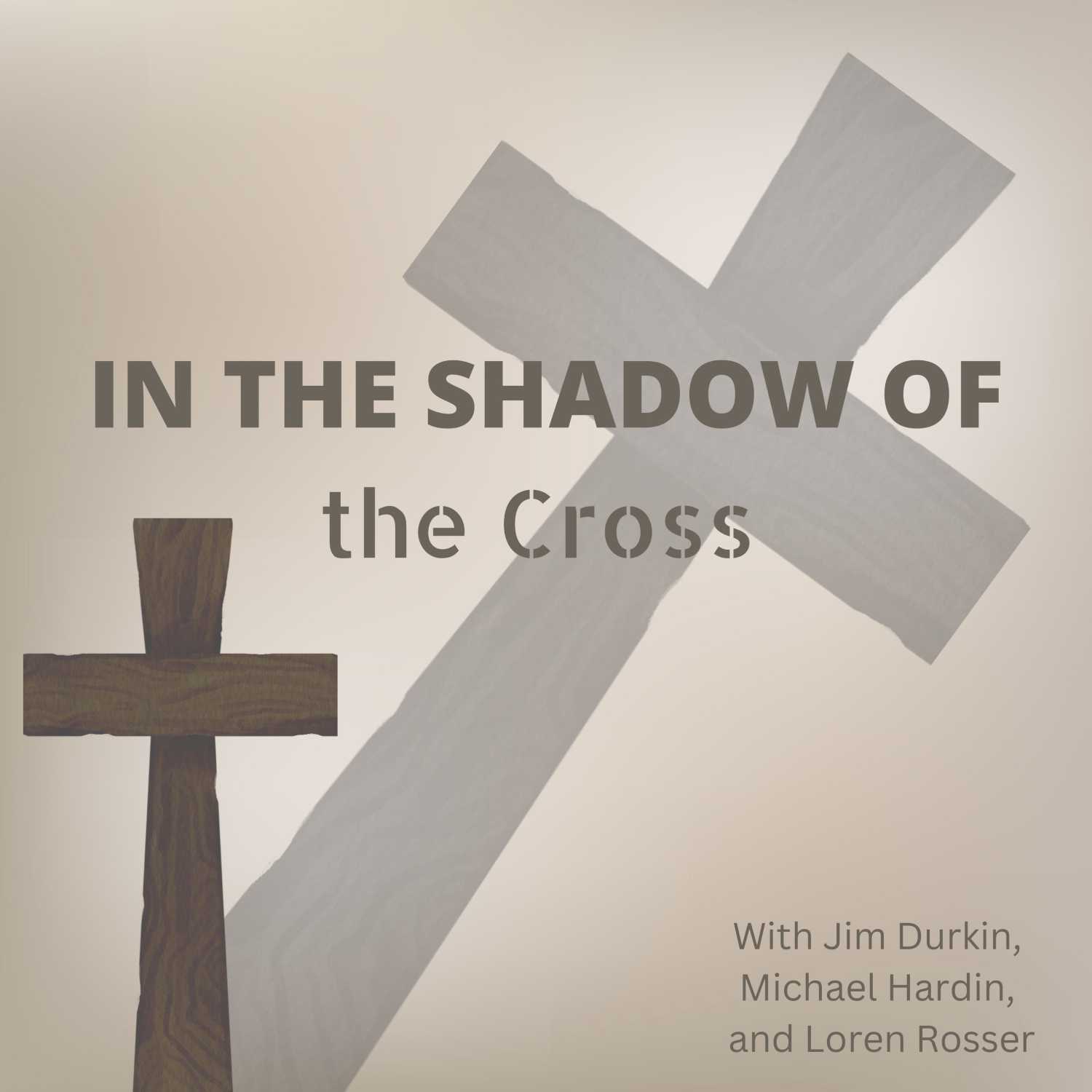
Statistics show that Christians are leaving Christianity in large numbers. Jim, Michael, and Loren discuss the reasons why they think this is happening.
Violence and Jesus
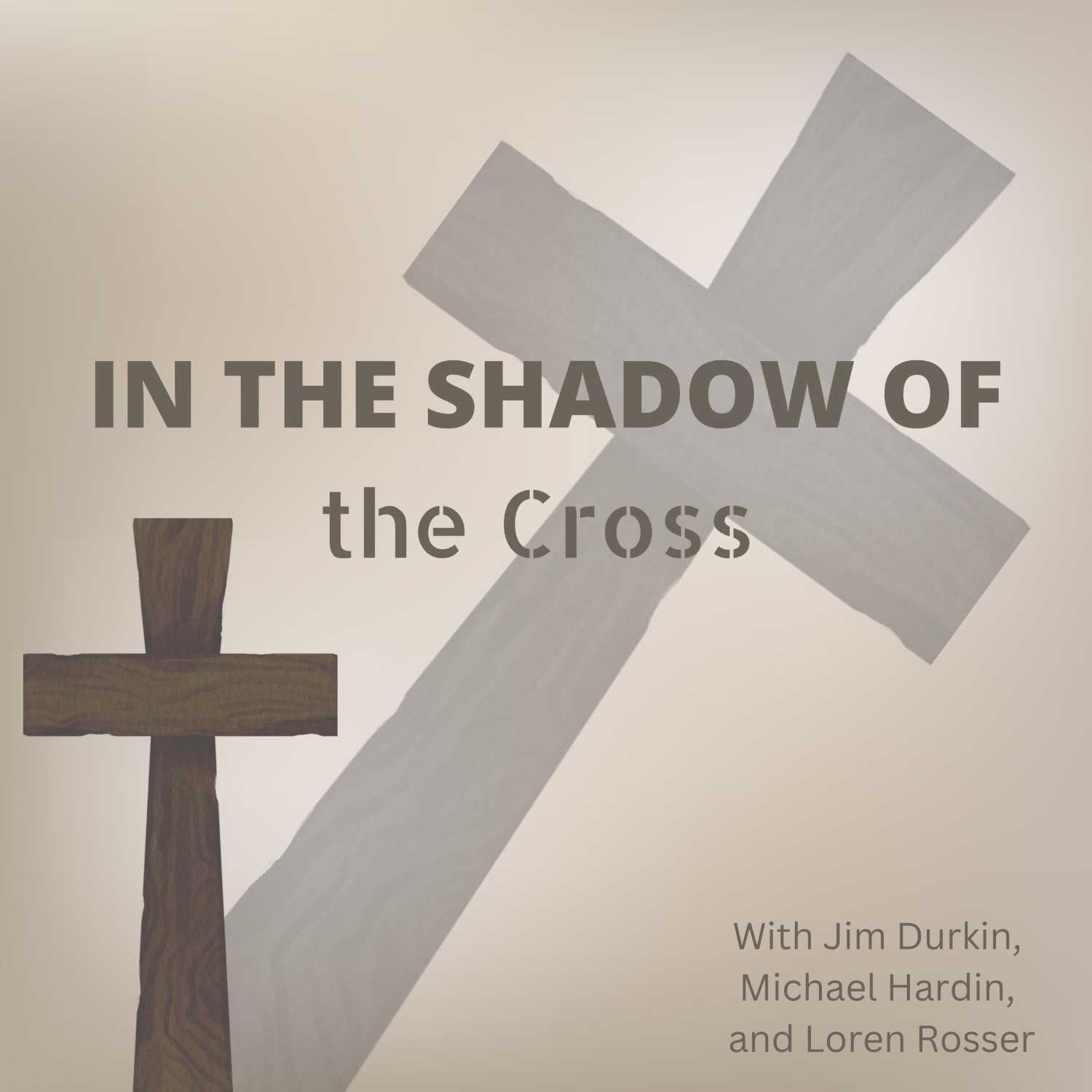
The Prince of Peace. Love your enemies. Bless those who curse you. Turn the other cheek. The vast majority of Christians are quite familiar with these statements. Yet, how is it that we’re confused about Jesus’ stance on violence? This week Michael, Jim, and Loren discuss Jesus’ teachings on violence.
War and the Christian
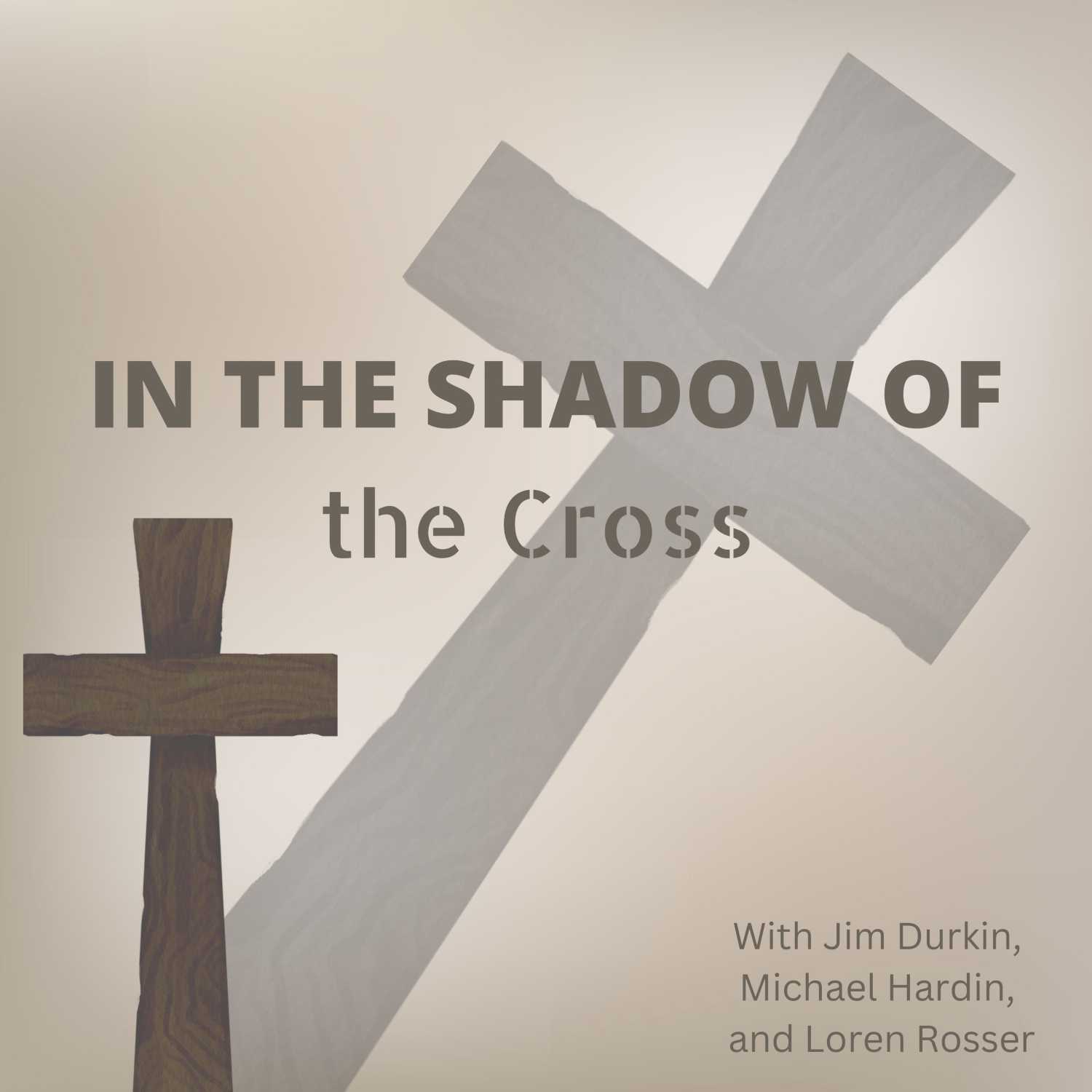
Just war! Holy war! War for Independence! War to end oppression! Christians have all kinds of reasons for going to war and engaging in violence. But what did Jesus teach about it? What did the early church believe about engaging in war? Buckle your seatbelts as Jim, Michael, and Loren engage in a controversial conversation for the purpose of finding the Jesus way.
Myths & Parables
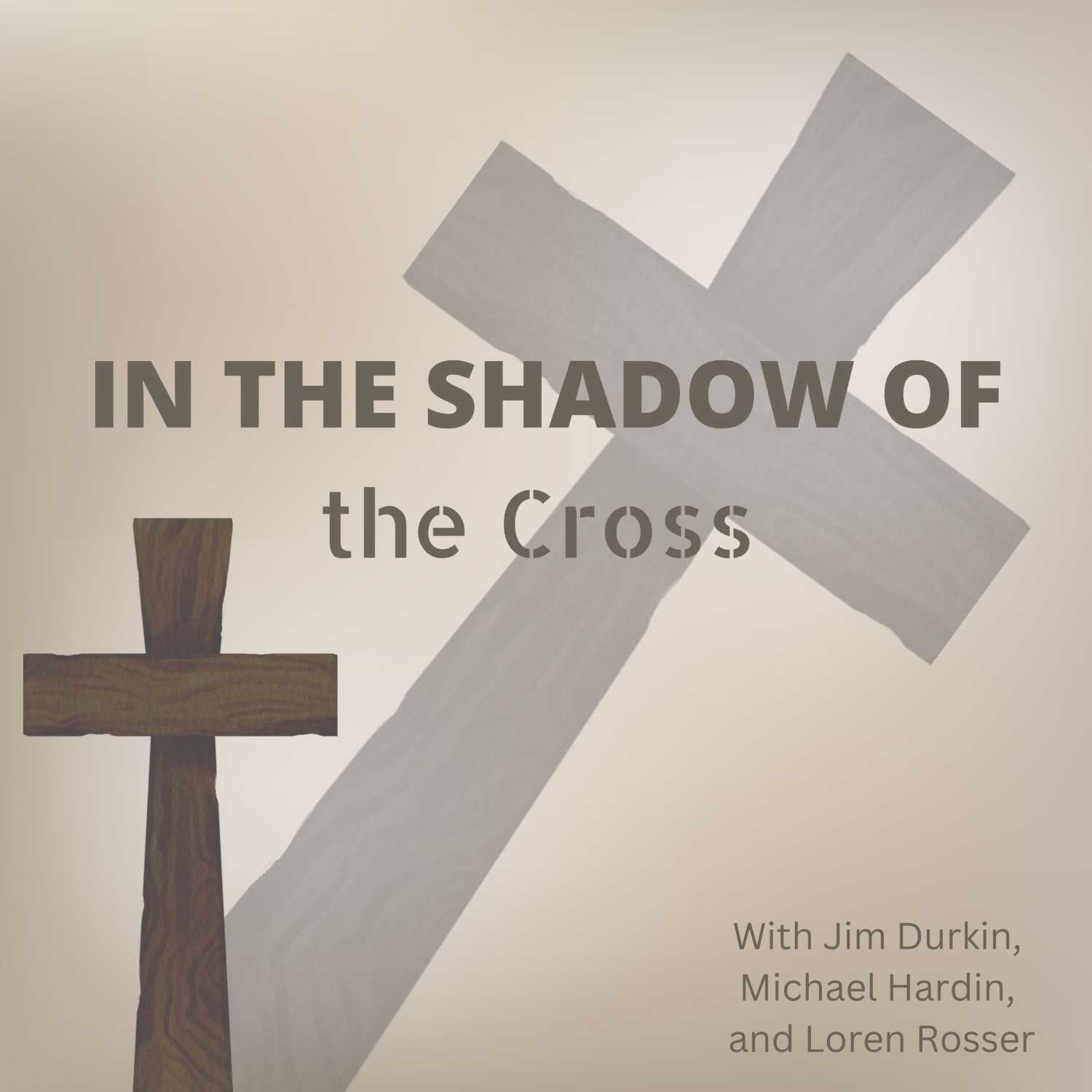
Is the creation narrative in Genesis literal or symbolic? Could it be that there are larger issues at play that we’re missing as we engage in these kinds of debates? What about the parables? Why did Jesus teach that way? What’s the point of a parable? This week Michael, Jim, and Loren dive into these waters as they look at Genesis and the parables of Jesus.
Community
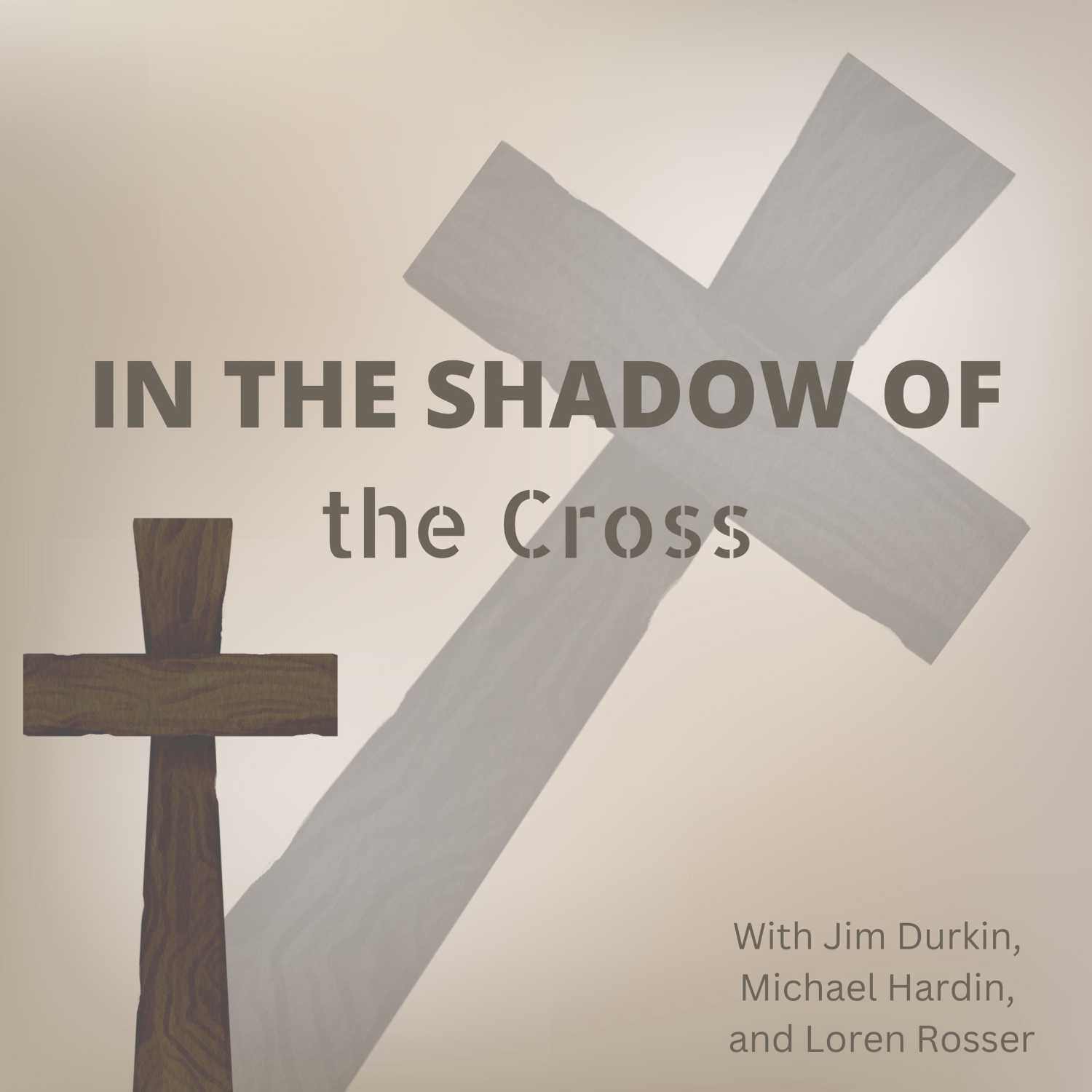
There is much discussion these days about church. How should the church meet? Where should the church meet? What should happen when the church meets? What are people looking for when they go to church? Jim, Michael, and Loren join the ongoing conversation sharing their thoughts on community.
Spiritual Warfare and the Mind
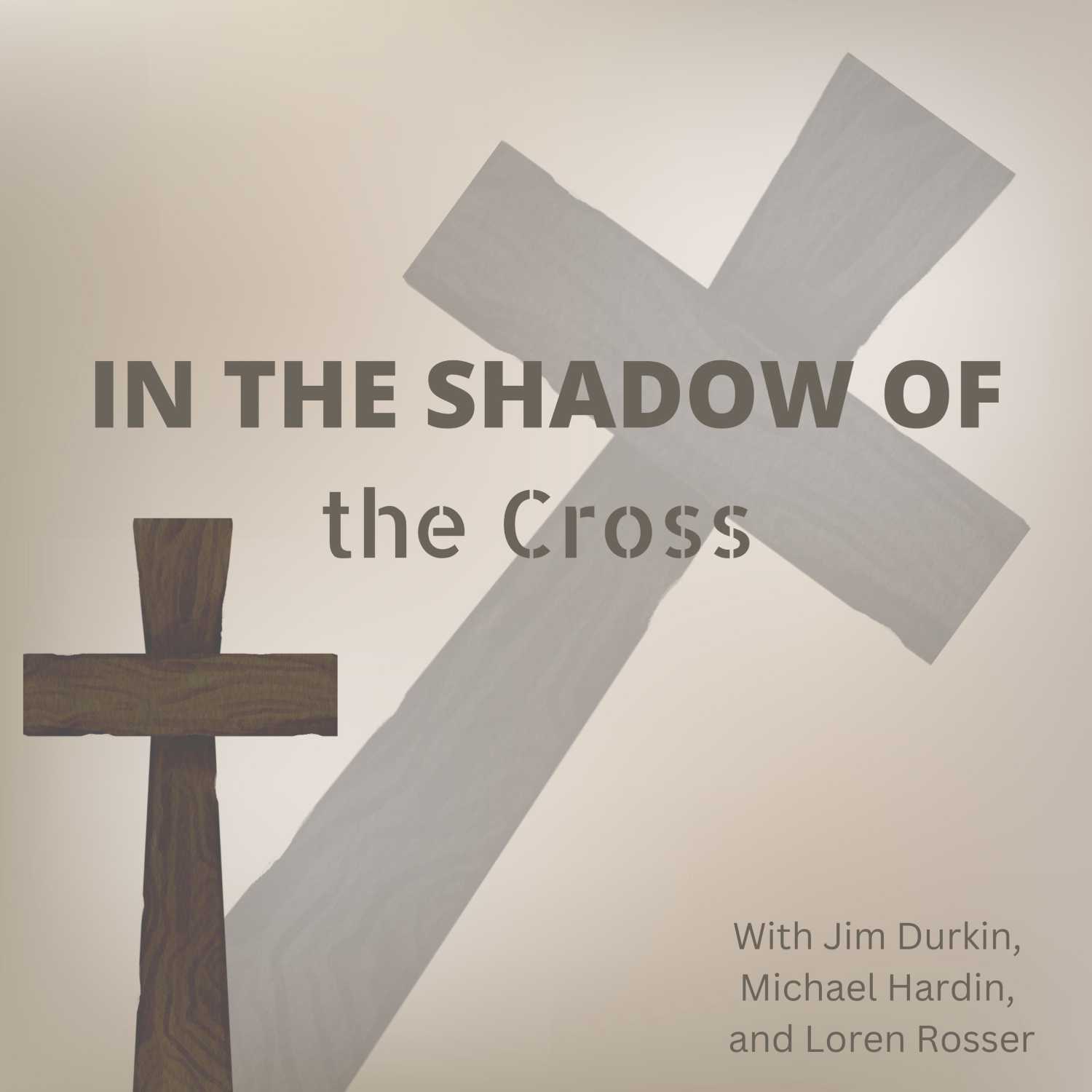
Jim, Michael, and Loren continue their discussion they began in the previous podcast on Spiritual Warfare. This time they look at the mind. The mind plays a significant role in the light or darkness present in individuals, communities, and even society. There is a reason Jesus came saying repent, which means “Change your thinking!”
